Κείμενο
Θα ήθελα να μιλήσουμε σήμερα για 5 αλλαγές στον τρόπο ζωής που μπορείτε να κάνετε σήμερα για να μειώσετε σημαντικά την πιθανότητα να εμφανίσετε στο μέλλον τη νόσο Alzheimer ή άνοια, που στην προκειμένη περίπτωση χρησιμοποιείτε με την ίδια έννοια, εννοώντας το ίδιο πράγμα, αν και δενείναι ακριβώς το ίδιο. Η παρουσίαση στηρίζεται σε μια μελέτη η οποία δημοσιεύθηκε πριν μερικά χρόνια, έγινε στο Σικάγο, και είναι ενδιαφέρον να δούμε τί δήλωσε ο κύριος ερευνητής της μελέτης, ο οποίοςείπε ότι ο στόχος της παρούσας μελέτης είναι να κινητοποιήσουμε τον κόσμο ώστε να εισάγει έναν πιουγιεινό τρόπο ζωής και μ'αυτό τον τρόπο να προστατεύσουμε την νοητική του λειτουργία σε μεγάλη ηλικία. Η μελέτη βασίζεται σε 2 ομάδες πληθυσμών, οι οποίοι παρακολουθούνταν ήδη για μερικά χρόνια, συνολικά ήταν γύρω στους 3000 παρά κάτι τα άτομα που παρακολουθούνταν για περίπου 6 χρόνια και ο μέσος όρος ηλικίας στην μία ομάδα ήταν 73 και στην άλλη τα 81 χρόνια, περίπου. 2 στις 3 ήταν γυναίκες και η παρακολούθηση ήταν για 6 χρόνια. Οι παράγοντες κινδύνου που μετρήθηκαν ήταν 5, δηλαδή καταγράψαμε κατά πόσο οι ασθενείς κάπνιζαν ή όχι, κατά πόσο έκαναν κάποια μορφή δραστηριότητας, τουλάχιστον 150' την εβδομάδα, το αλκοόλ, αν έπιναν συχνά πάνω από 15γρ οι γυναίκες και 30 γρ οι άνδρες. Δίνω δίπλα την αντιστοιχία σε μπίρα ή κρασί. Θα μιλήσουμε γι'αυτούς του παράγοντες λίγο παραπάνω προς το τέλος της παρουσίασης, σε λίγα λεπτά. Υψηλής ποιότητας διατροφή, αυτά που λέμε συνέχεια εδώ πέρα μαζί και φυσικά συμμετοχή σε δραστηριότητες που απαιτούν σκέψη, όπως γράψιμο, διάβασμα, σκάκι κτλ και σίγουρα όχι τηλεόραση. Αυτό που φάνηκε λοιπόν είναι ότι τα άτομα τα οποία κατά την διάρκεια της παρακολούθησης έκαναν τσεκ σε 2-3 παράγοντες είχαν 37% μικρότερη πιθανότητα να εμφανίσουν άνοια σε σχέση με τα άτομα που είχαν 0-1 παράγοντα θετικό, δηλαδή είχαν τουλάχιστον 4 παράγοντες αρνητικούς, ενώ 60% μείωση της πιθανότητας εμφάνισης άνοιας ή Alzheimer στα άτομα που έκαναν τσεκ σε 4 ή 5 παράγοντες. Άρα,

αρκετά σημαντικό! Πάμε να δούμε ποιοι είναι αυτοί οι παράγοντες ένας ένας για τα επόμενα λίγα λεπτά. Το πρώτο, ίσως και το πιο σημαντικό, διακοπή καπνίσματος. Ξέρω ότι κάπου εδώ ξεκινάνε τα παζάρια! Τώρα. 3 τσιγάρα κάνουν; 5 τσιγάρα κάνουν; 2 τσιγάρα είναι πολλά; Ένα πακέτο για τον μήνα είναι λίγο; Εδώ δεν υπάρχουν απαντήσεις, σ'αυτή τη μελέτη. Σε αυτή μελέτη η απάντηση είναι δυαδική. Ναι ή Όχι. Καπνίζεις; Ναι. Όχι. Τίποτα άλλο. Είναι πρόβλημα; Είναι πρόβλημα. Θα προτιμούσα να μπορούσα να σας πω ότι με 3,5 τσιγάρα την ημέρα δεν ενώ με 5,5 έχεις. Δεν έγινε έτσι η μελέτη. Η μελέτη απαντάει απλά ναι ή όχι. Έτσι λοιπόν το καλύτερο που έχετε να κάνετε είναι να "μπήτε" στο ναι, αν δεν είστε ήδη! Συνεχίζουμε στον 2ο παράγοντα κινδύνου που μελέτησε αυτή η μελέτη που είναι κατά πόσο οι συμμετέχοντες έκαναν κάποια έντονη ή μέτρια άσκηση. 150 λεπτά την εβδομάδα ορίστηκε το minimum. Και τί σημαίνει έντονη και τί σημαίνει μέτρια; Μέτρια είναι αυτή η άσκηση που αυξάνει την κατανάλωση ενέργειας 3-6 φορές σε σχέση με τον να καθόμαστε τελείως. Και εδώ υπολογίζεται ότι όταν καθόμαστε "καίμε" μία θερμίδα ανά κιλό βάρους, έτσι ένας άνθρωπος 80 κιλών καίει περίπου 80 θερμίδες την ώρα όταν δεν κάνει απολύτως τίποτα. Αν λοιπόν θέλουμε να πούμε ότι κάνει μέτρια άσκηση, πρέπει η κατανάλωση ενέργειας να πάει 3 φορές πάνω δηλαδή 3x8=24, δηλαδή τουλάχιστον 240 θερμίδες την ώρα. Άρα, Άρα, αυτό σημαίνει 120 θερμίδες το μισάωρο. Άρα, αν έχετε κάποιο ρολόι που καταγράφει θερμίδες, ή το κινητό σας, υπάρχουν πολλά activity trackers, πολλές εφαρμογές στο κινητό, πολλά ρολόγια που μετράνε. Δεν είναι απόλυτα σωστά, αλλά είναι κοντά όμως. Αυτά λοιπόν που μπορούμε να πούμε ότι καίμε 3-6 φορές παραπάνω απ'όσο όταν καθόμαστε, όταν κάνουμε περίπου 6χλμ/ώρα βάδην, άρα όχι περπάτημα, σουλάτσο, σέρνομαι στην Ερμού και τέτοια, βάδην, συνειδητοποιημένα και ζωηρά με 6χλμ/ώρα. Ή όταν κάνουμε ποδήλατο με 15-20 χλμ/ώρα που θέλει μια άλφα προσπάθεια. Δεν είναι να αφήνουμε το ποδήλατο να

πηγαίνει μόνο του κάνοντας μόνο μερικές πεταλιές που και που. Θέλει συνειδητά να το πατάμε το πετάλι. Έντονη άσκηση από την άλλη είναι η άσκηση που καίμε παραπάνω από 6 φορές που καίμε όταν καθόμαστε Που σημαίνει σε έναν άνθρωπο 80 κιλών, παραπάνω από 480 θερμίδες, δηλαδή 6x8=48, οπότε αυτό αντιστοιχεί περίπου σε τρέξιμο 10χλμ/ώρα ή όταν κάνει ποδήλατο πάνω από 20χλμ/ώρα ήταν συμμετέχει σε ένα ομαδικό άθλημα, όπως μπάσκετ, ποδόσφαιρο, ή σε ατομικά, όπως τένις, δηλαδή παίζει ένα άθλημα το οποίο προσπαθεί να κερδίσει ή προσπαθεί να φέρει ένα αποτέλεσμα Αυτά λοιπόν για την άσκηση. Πρέπει να πω ότι αυτό είναι ένα προβληματικό πεδίο, αφού ο περισσότερος κόσμος δεν συμμετέχει αρκετά σε σωματική δραστηριότητα και αυτό είναι ένα πρόβλημα, οπότε πρέπει να το δούμε. Ο άλλος παράγοντας είναι αλκοόλ. Μια πονεμένη ιστορία! Δεν μπορούμε να πούμε ότι ο περισσότερος κόσμος καταναλώνει αρκετό αλκοόλ.

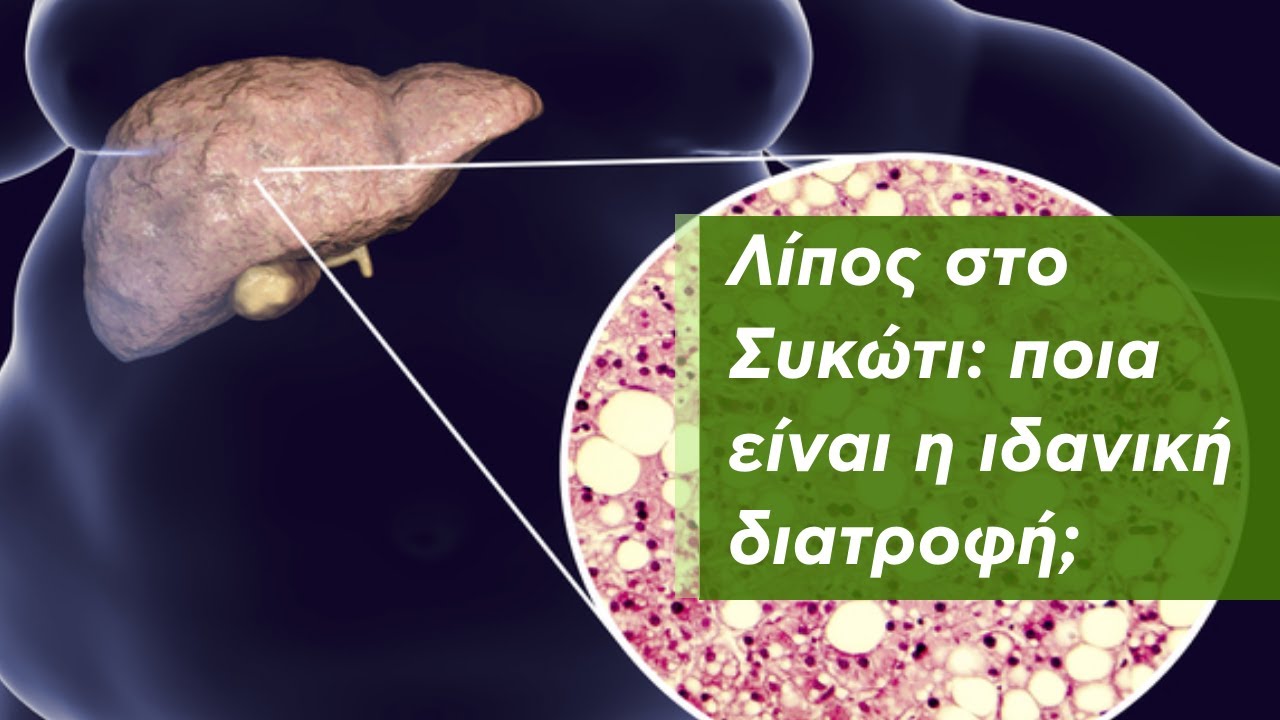
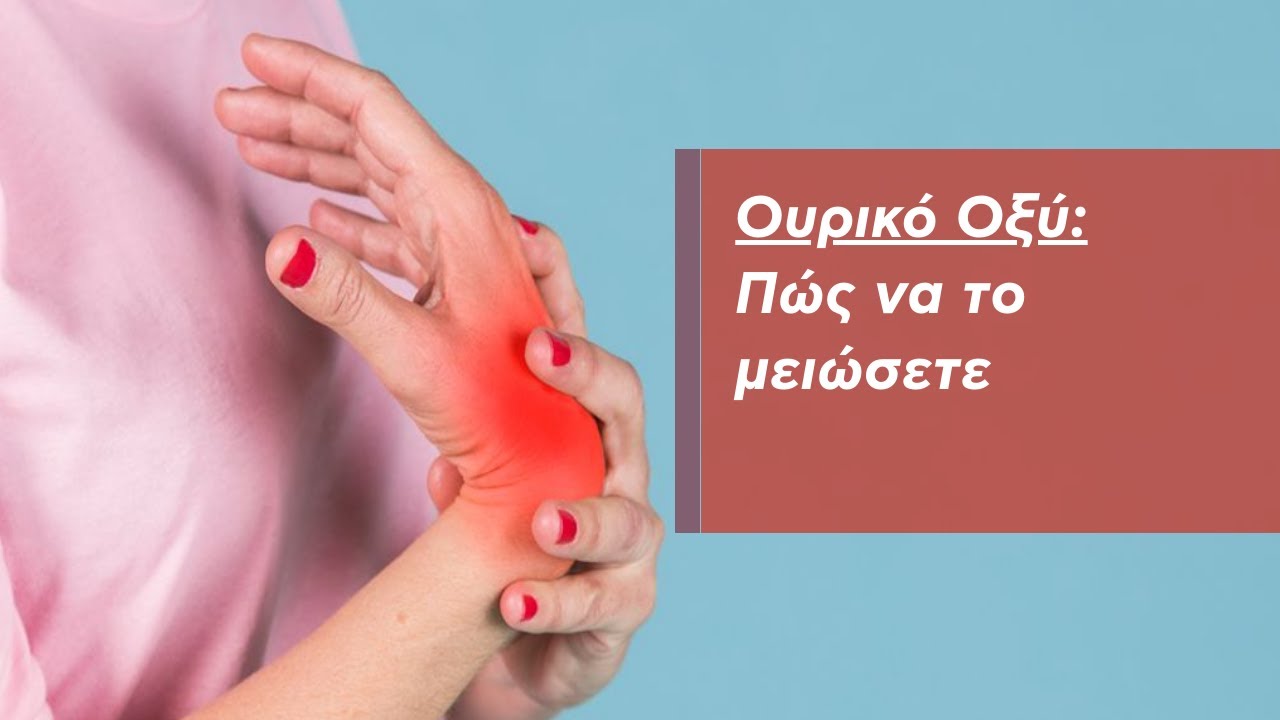
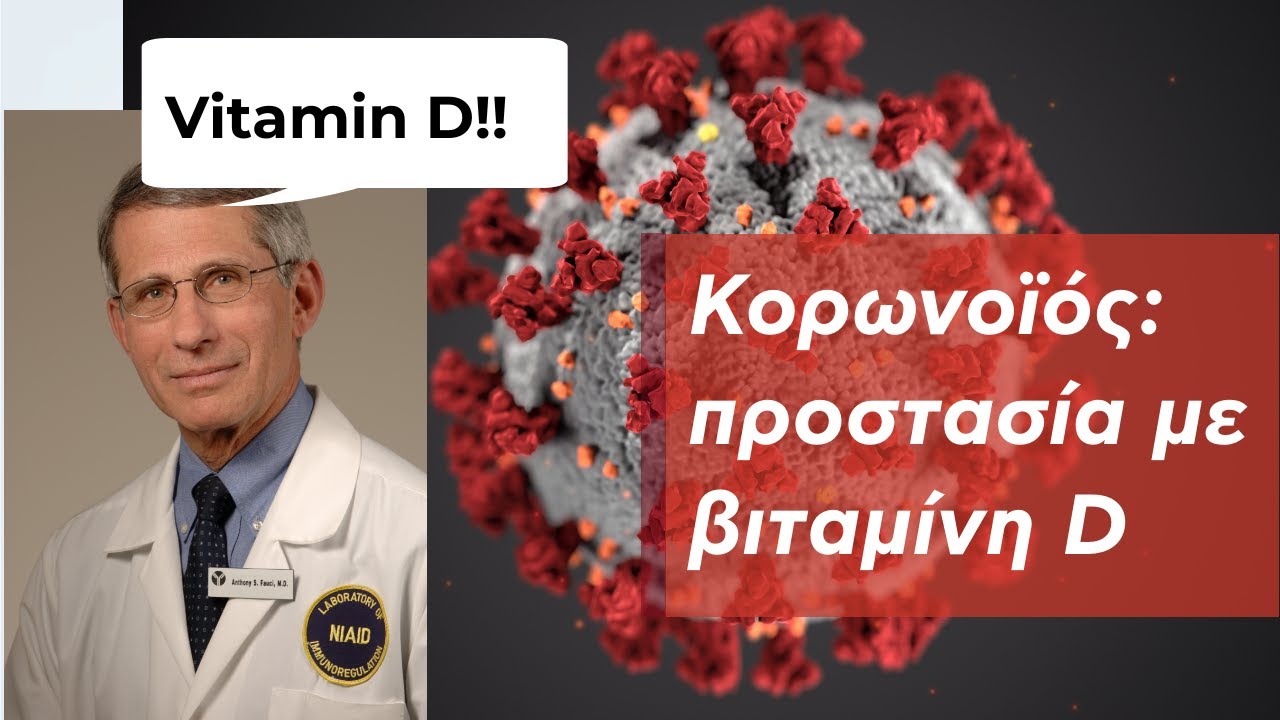

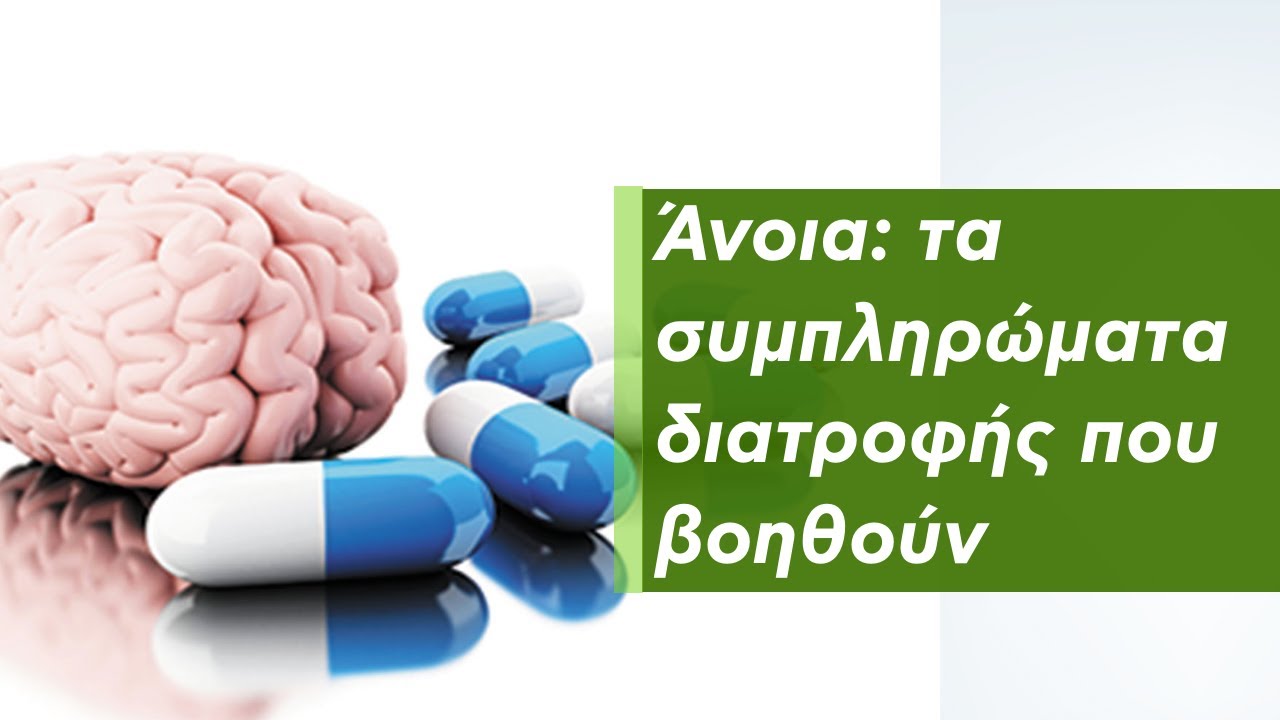
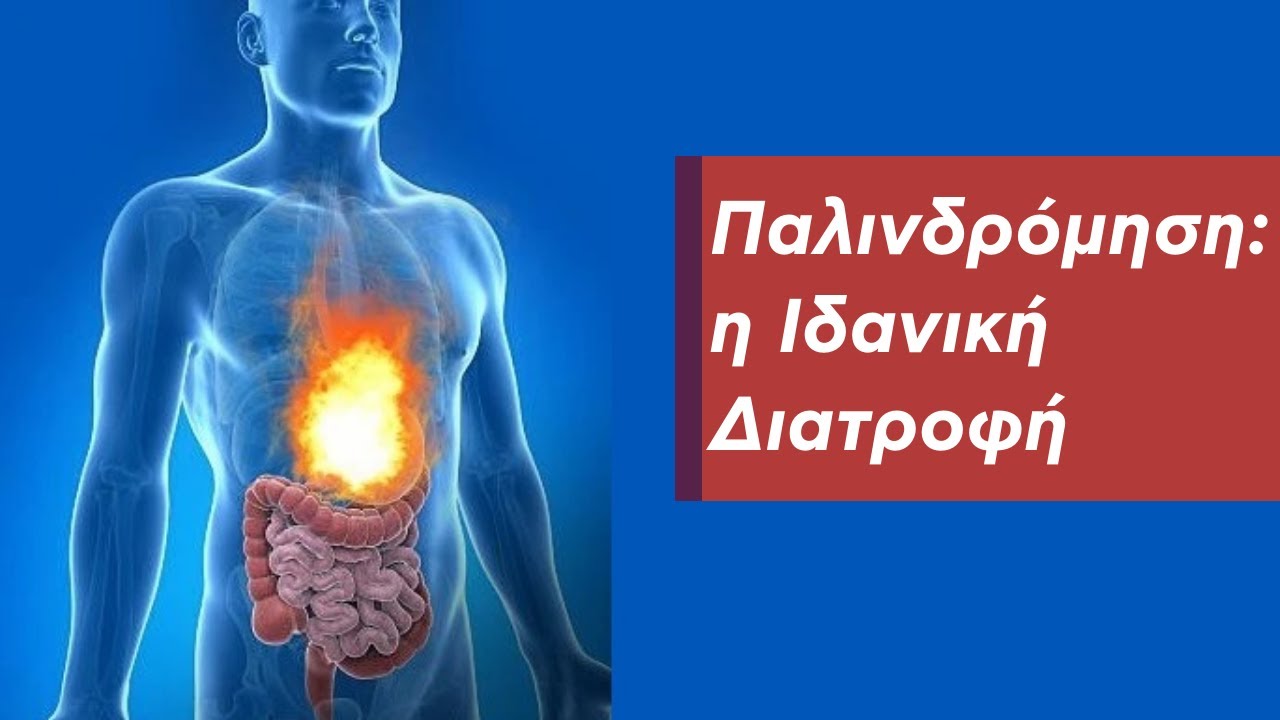
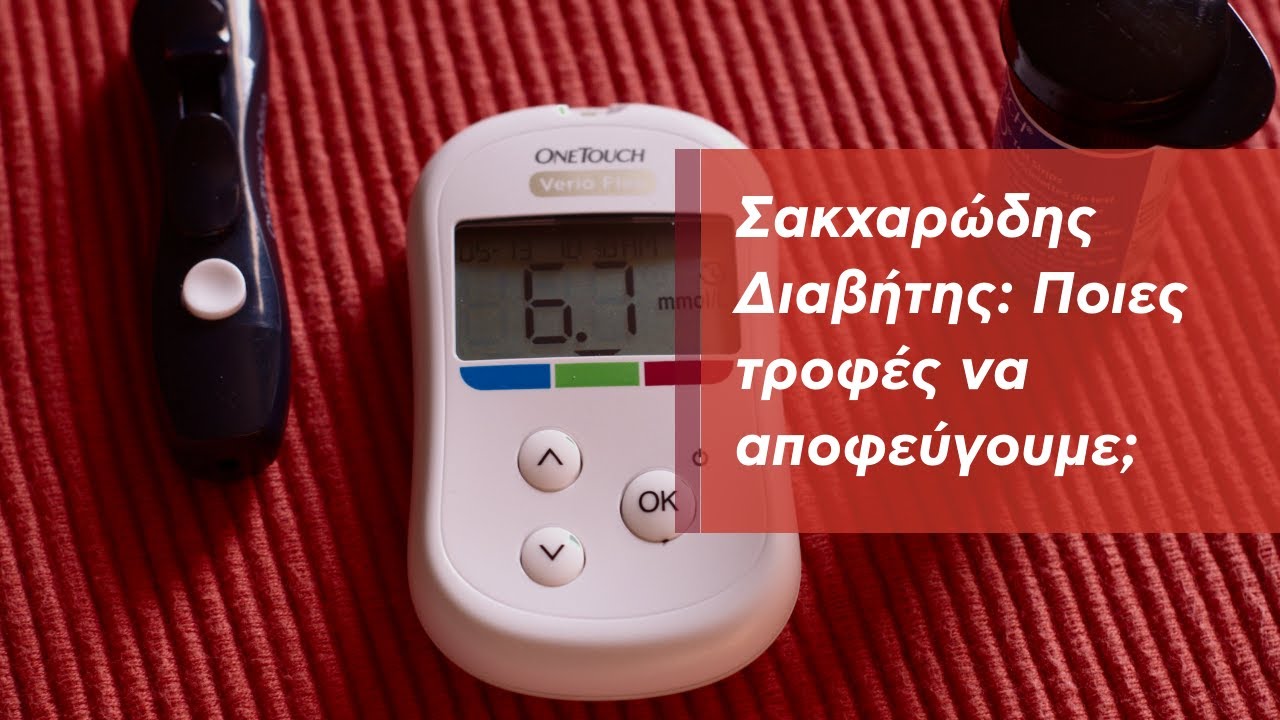
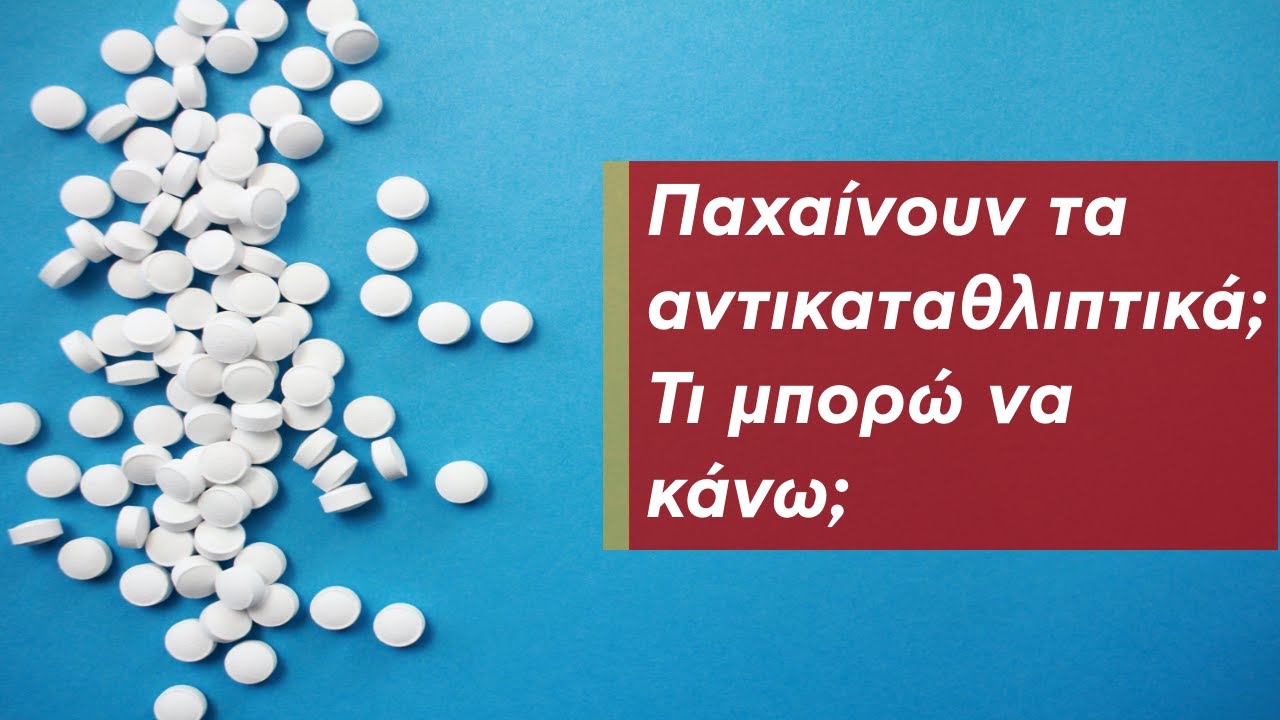
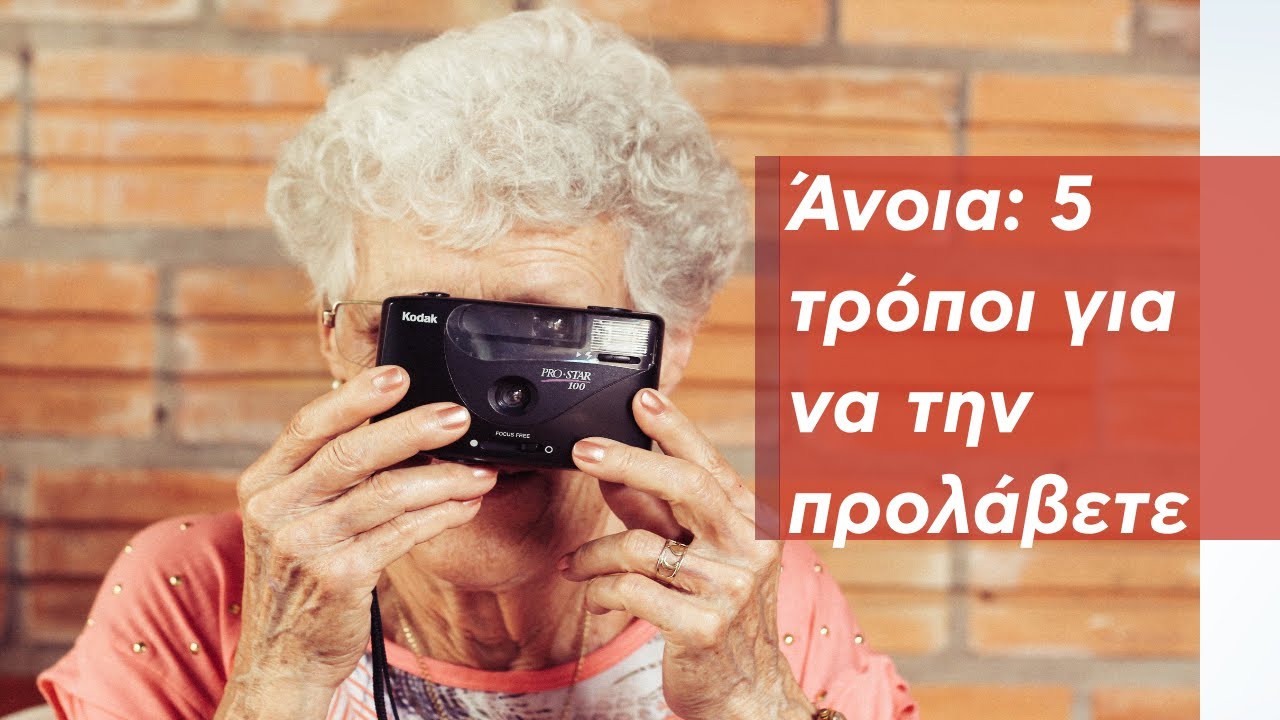
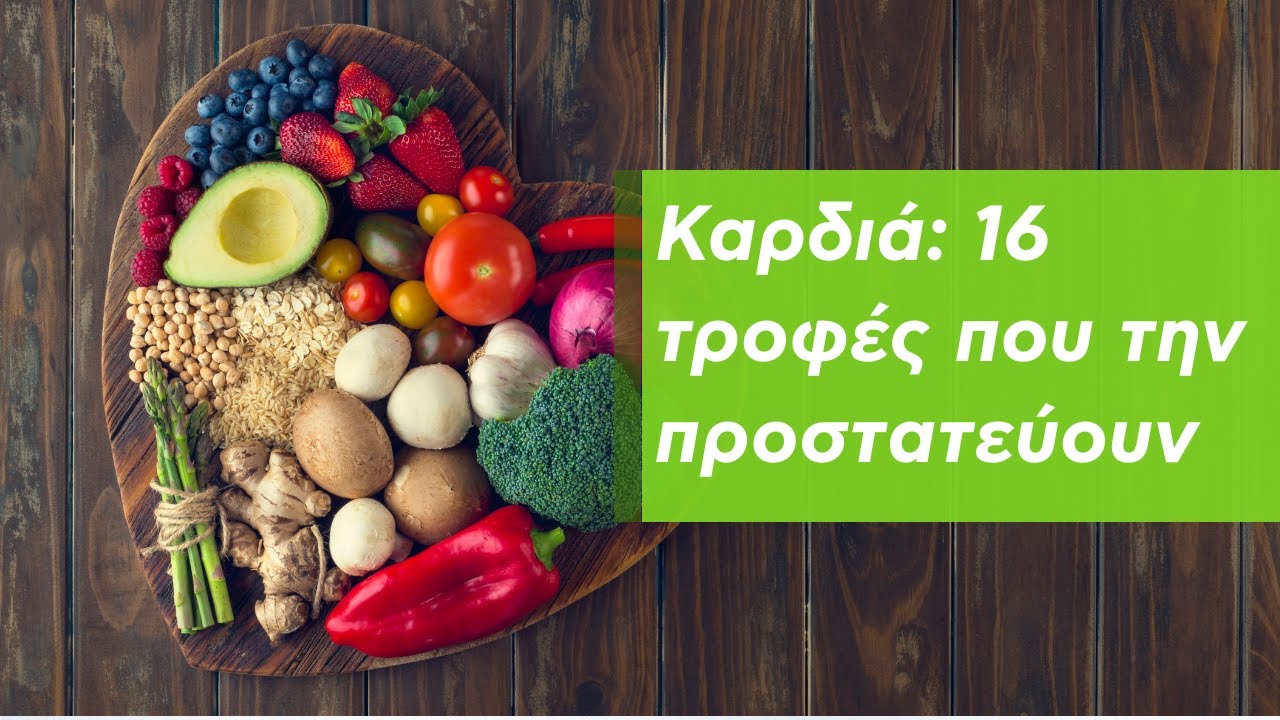
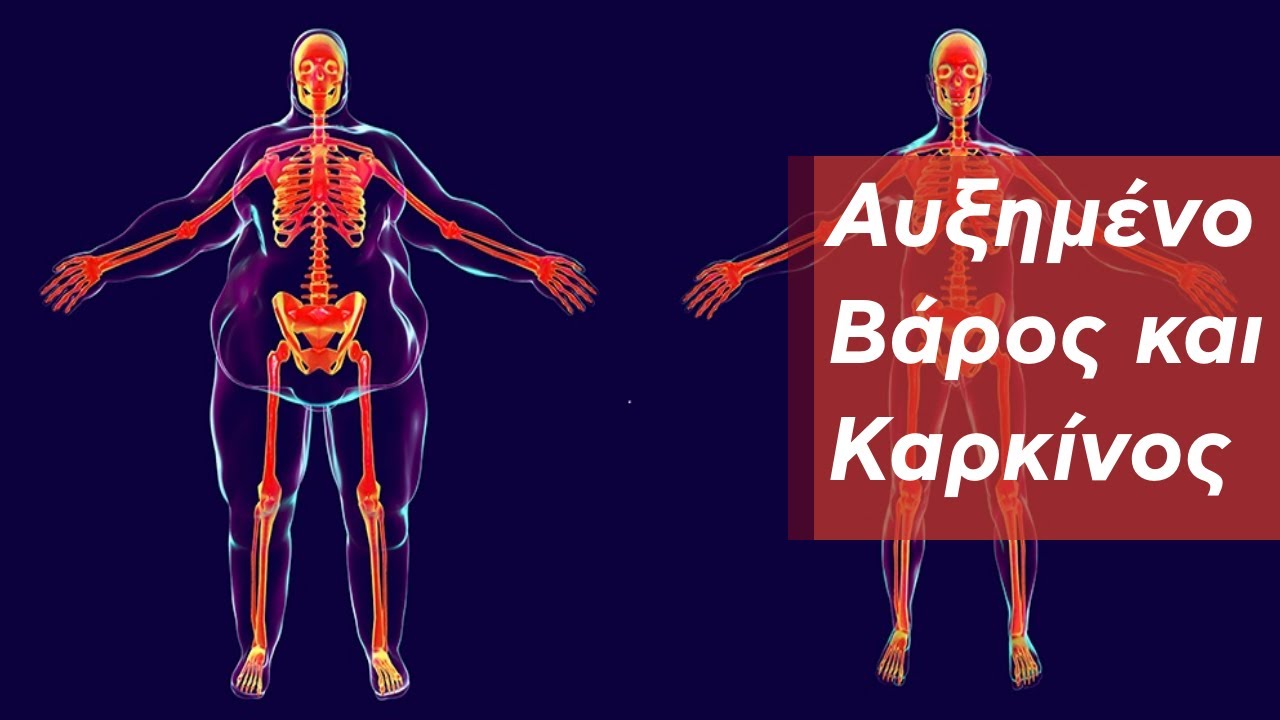
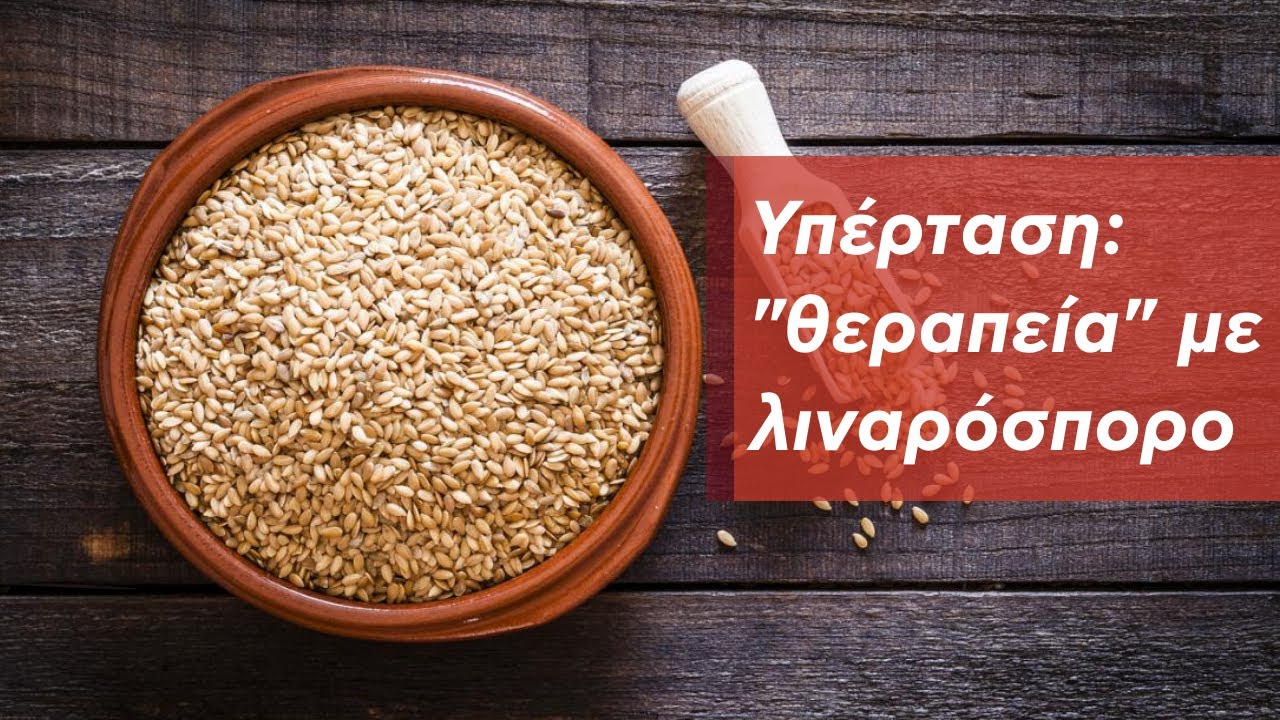
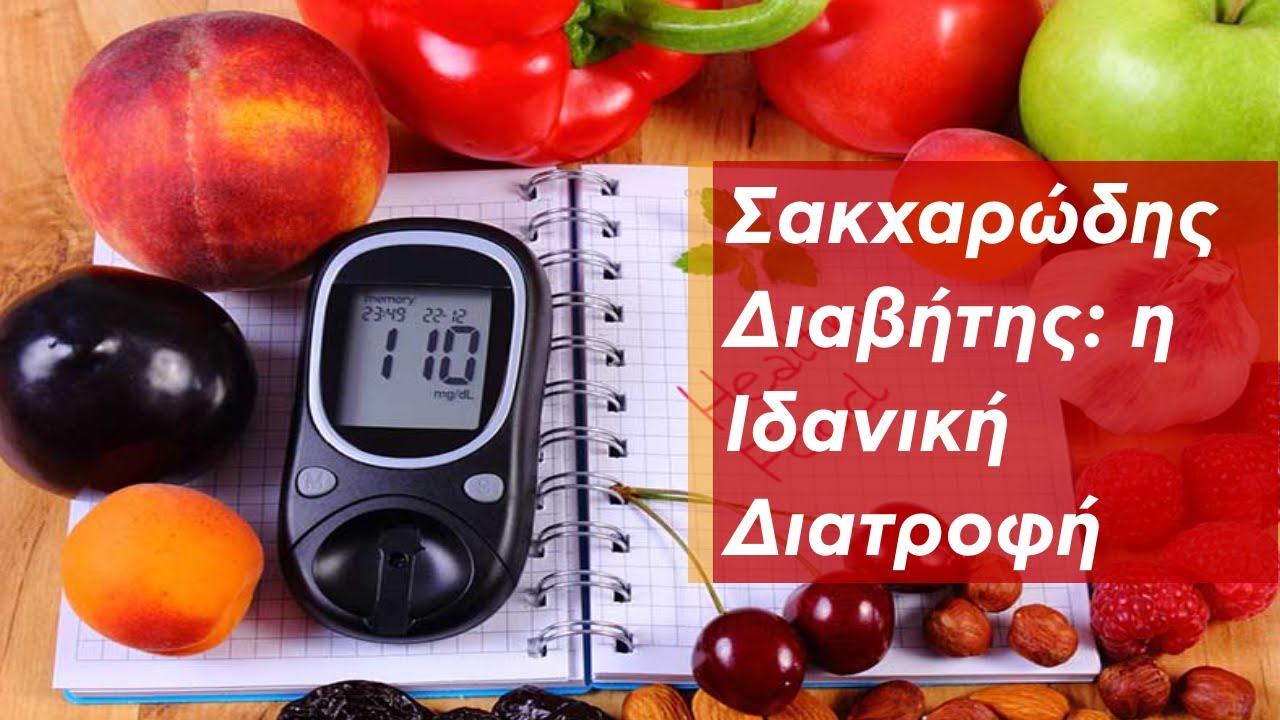
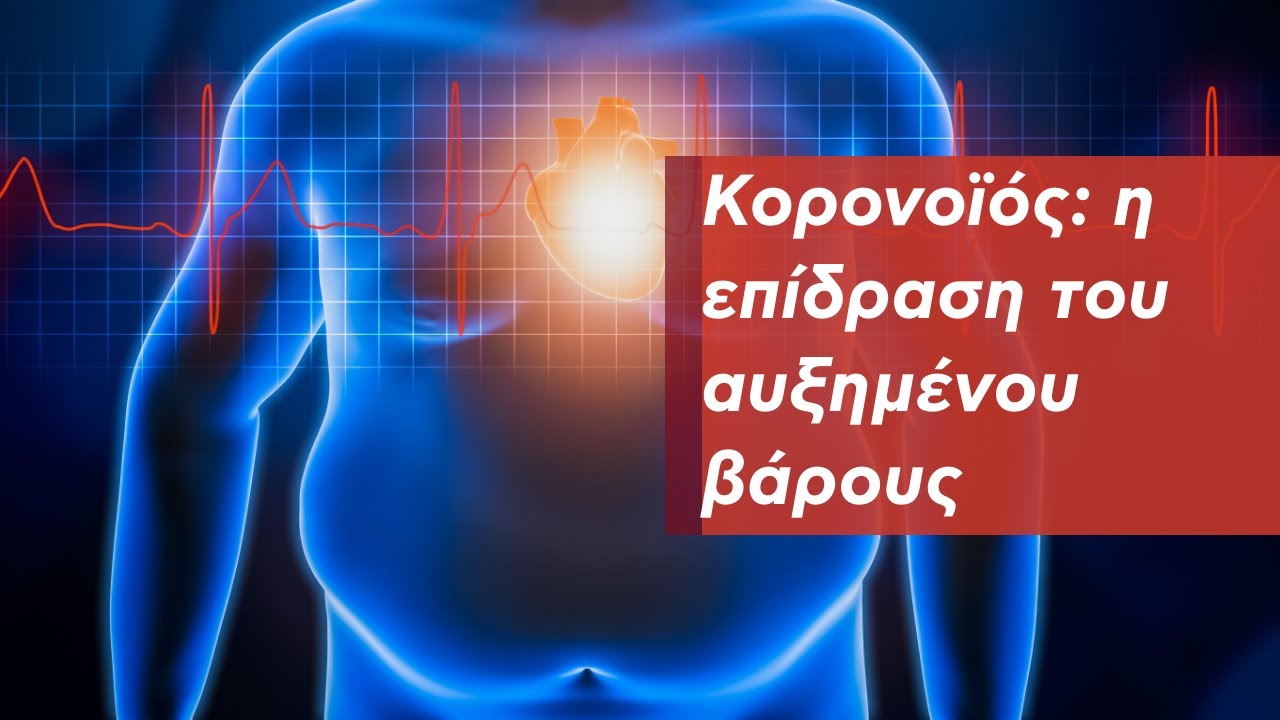
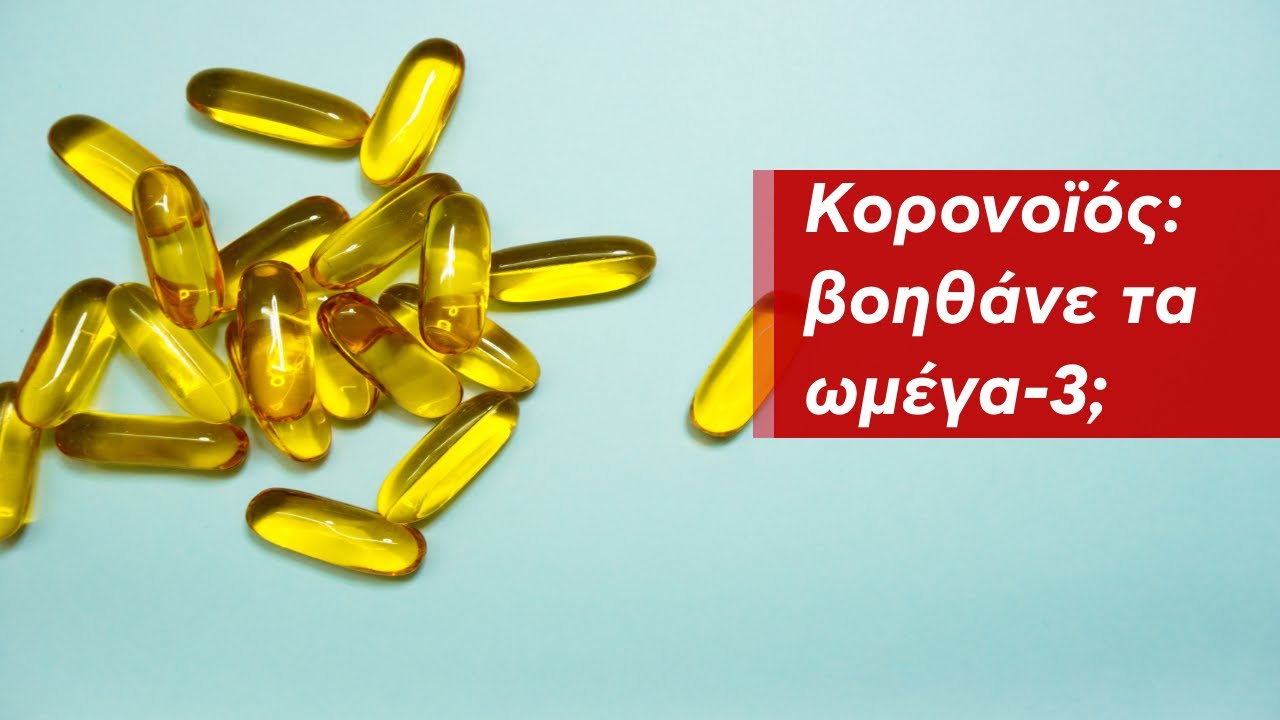
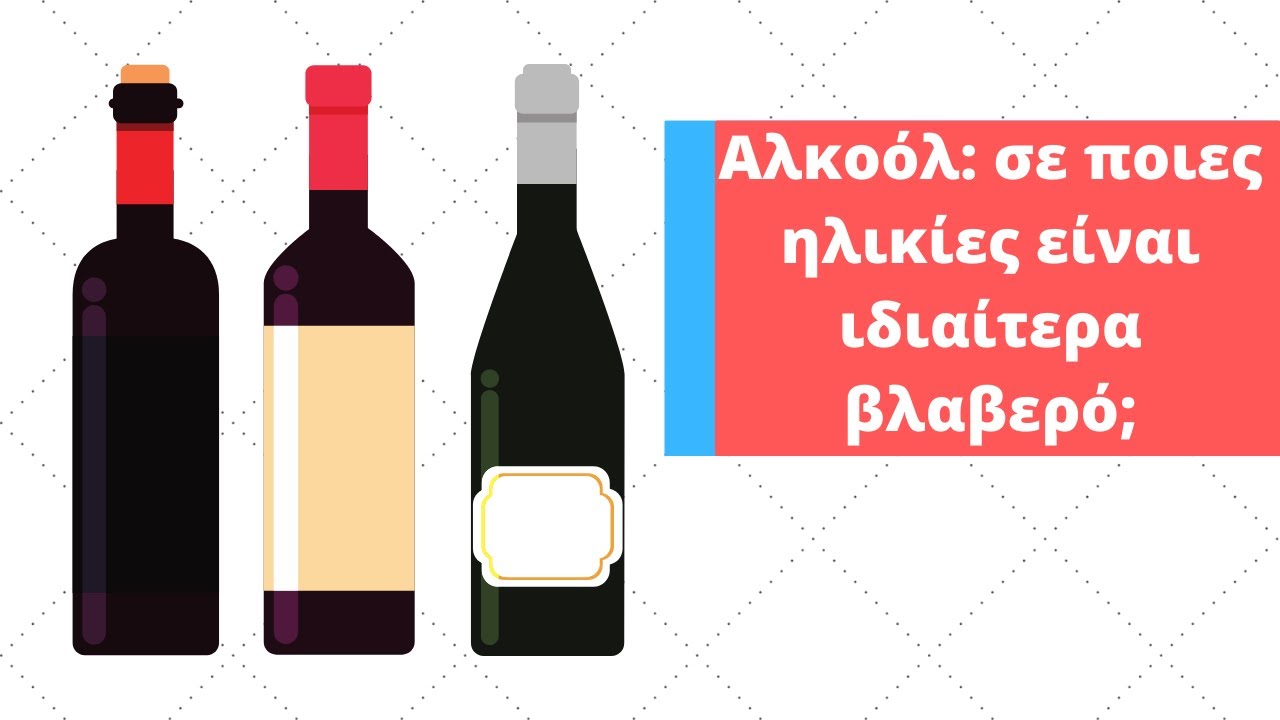
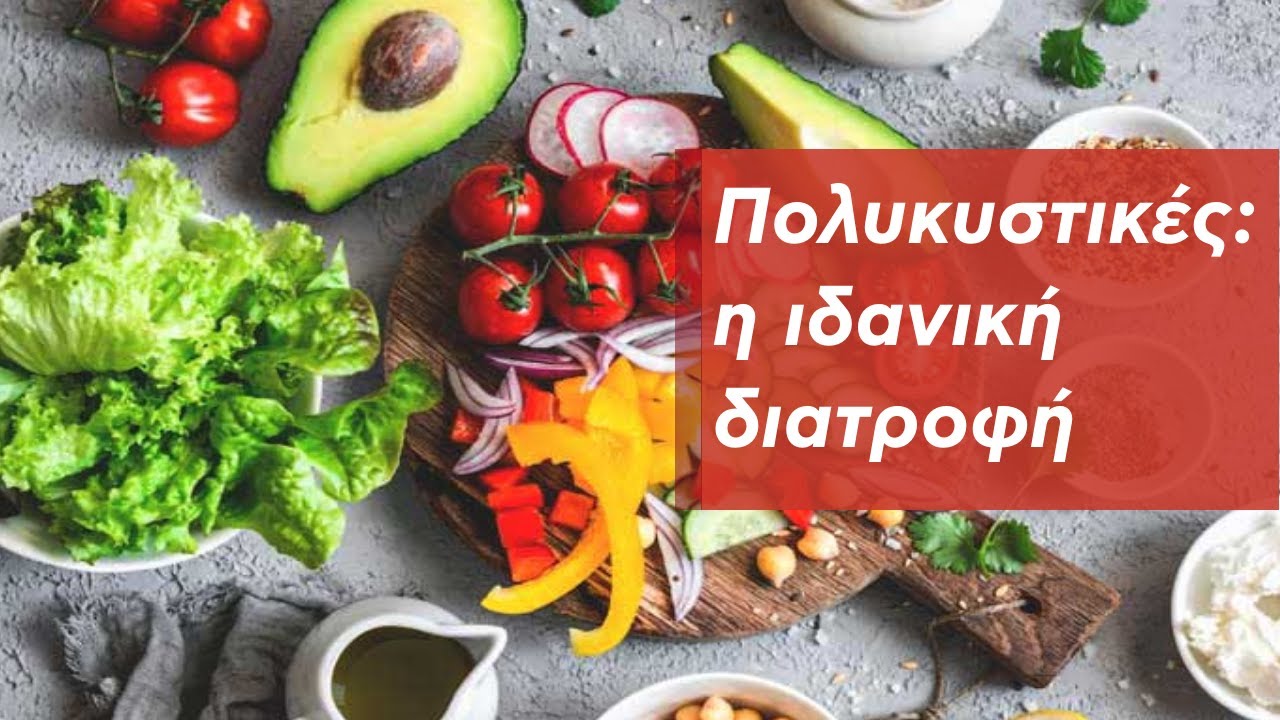
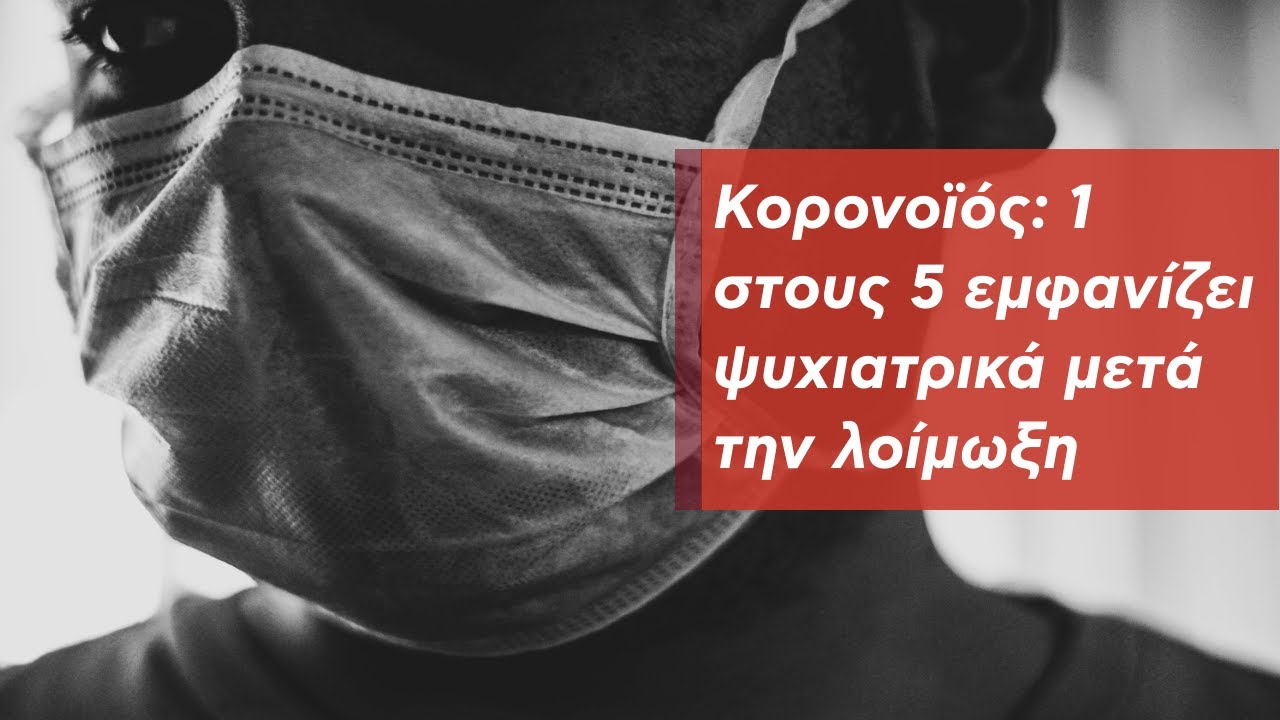

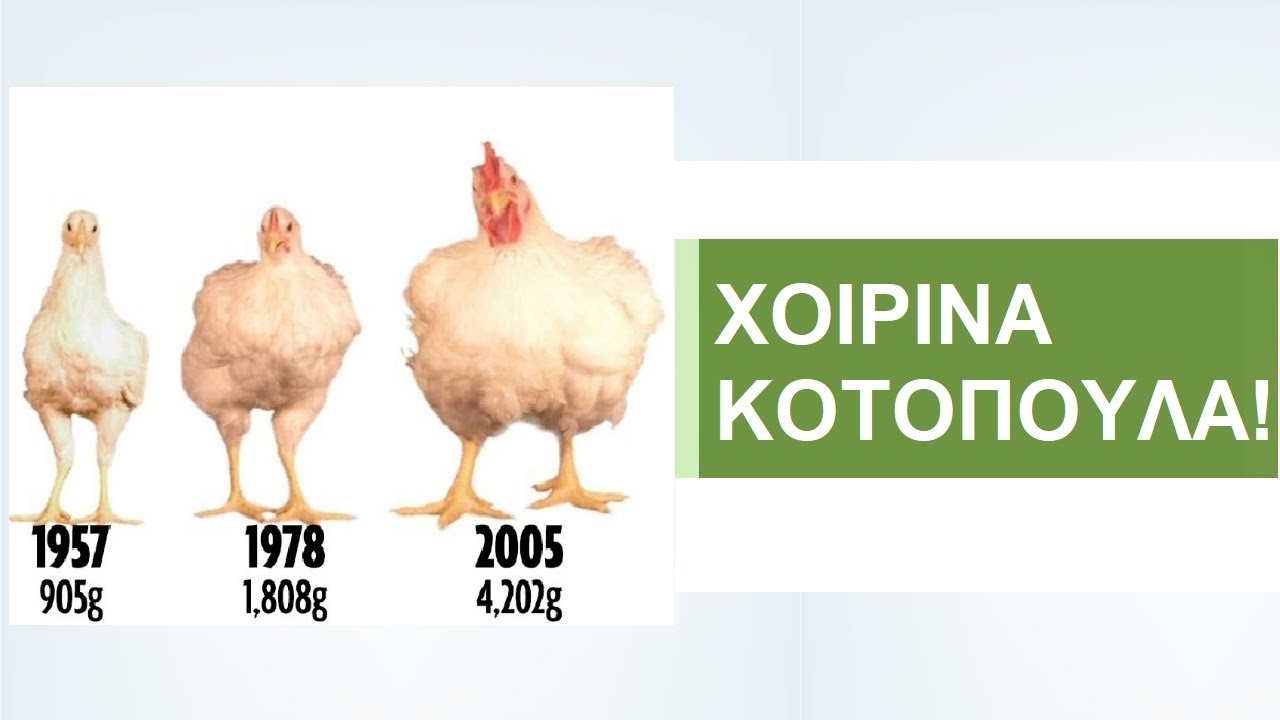

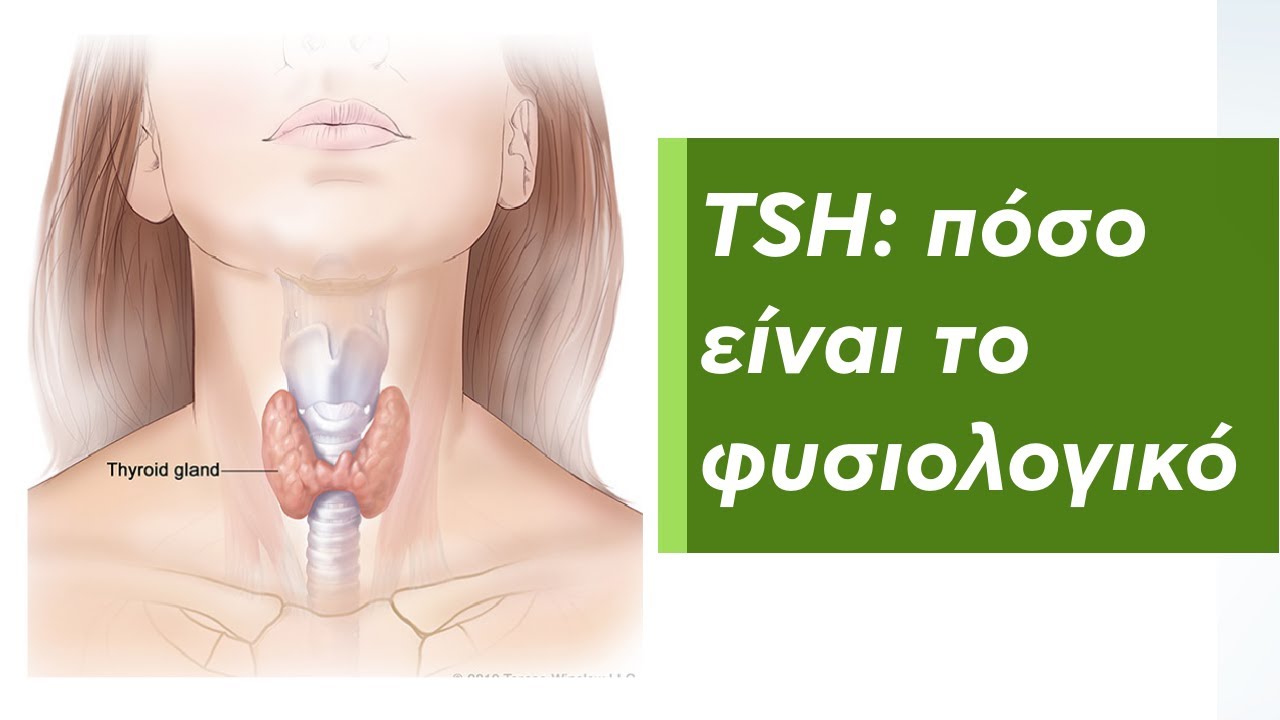


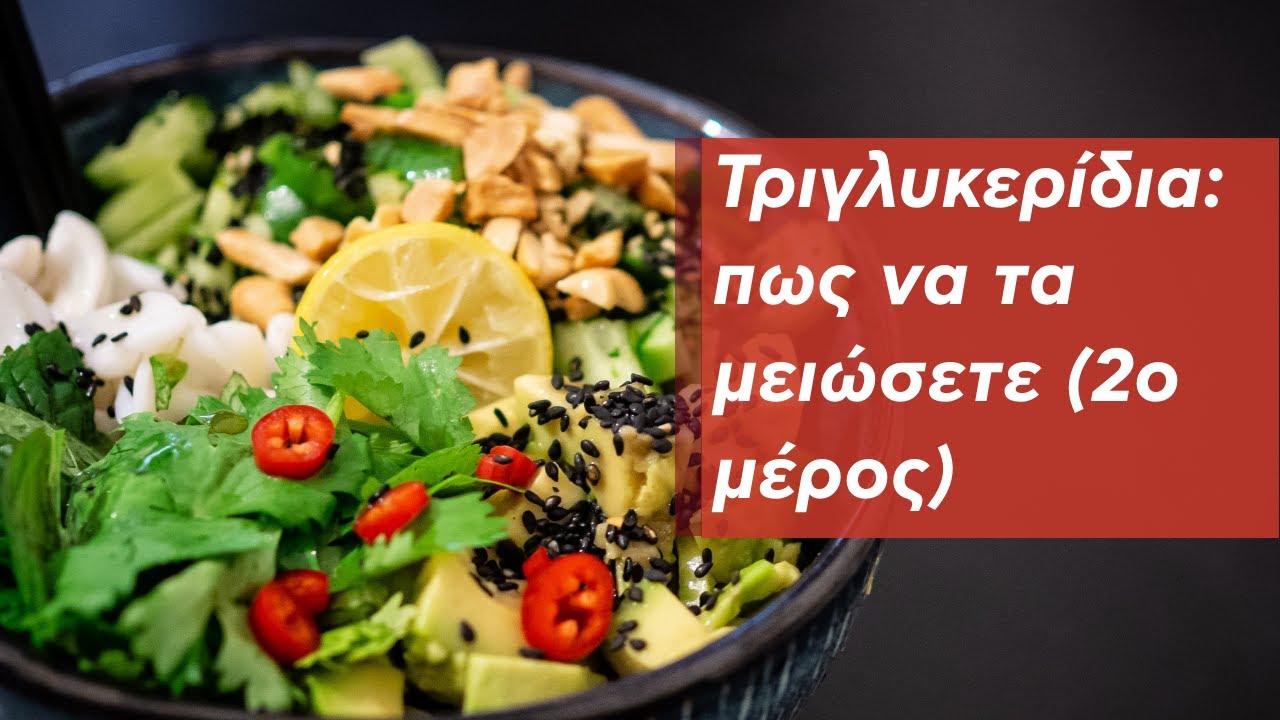
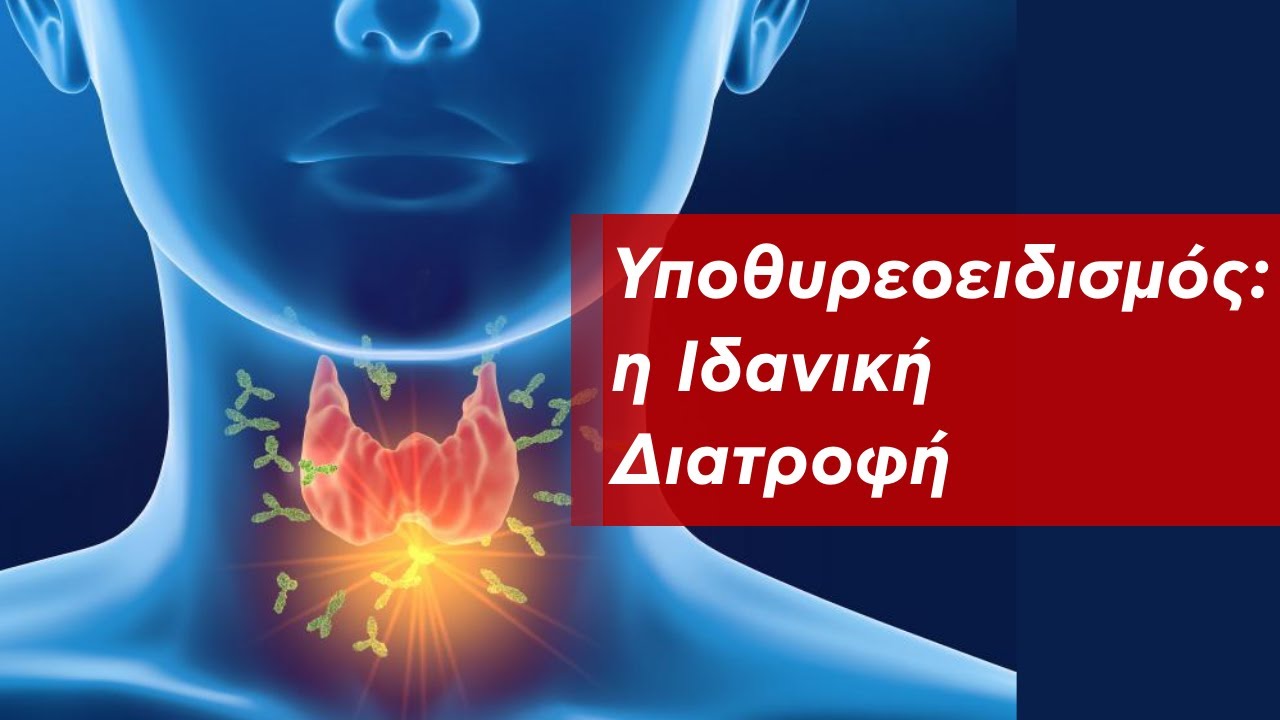
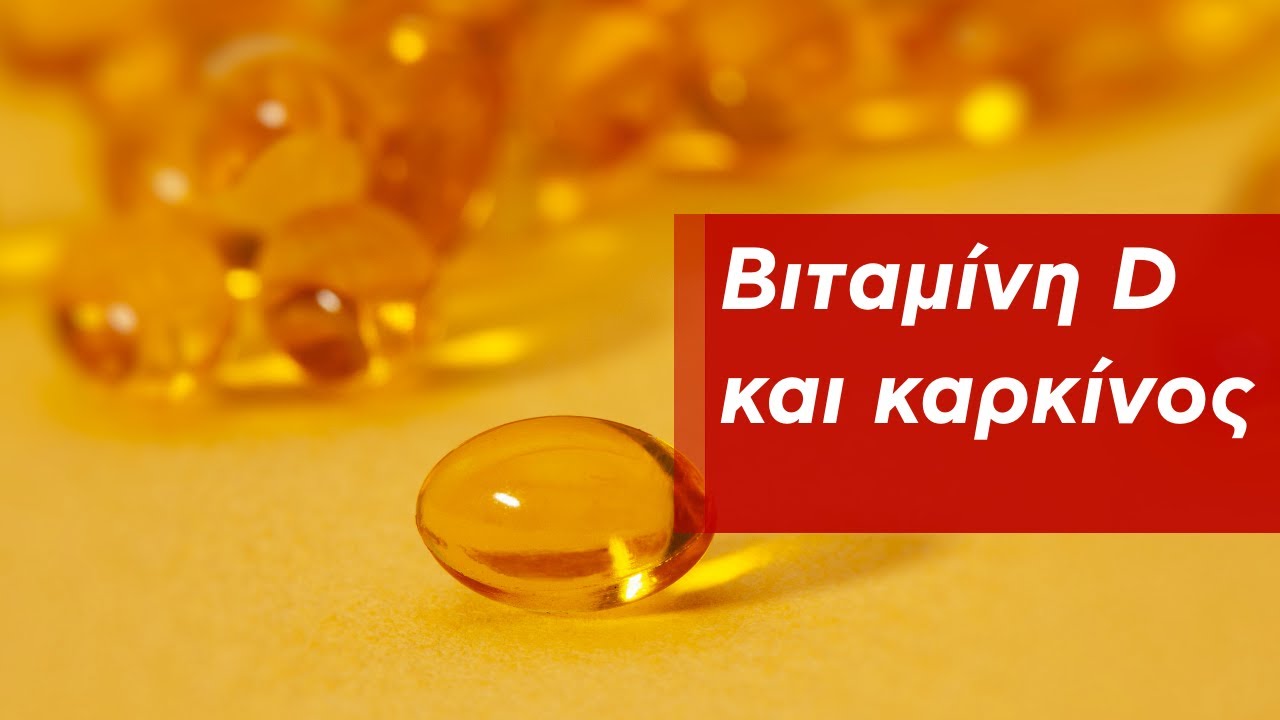
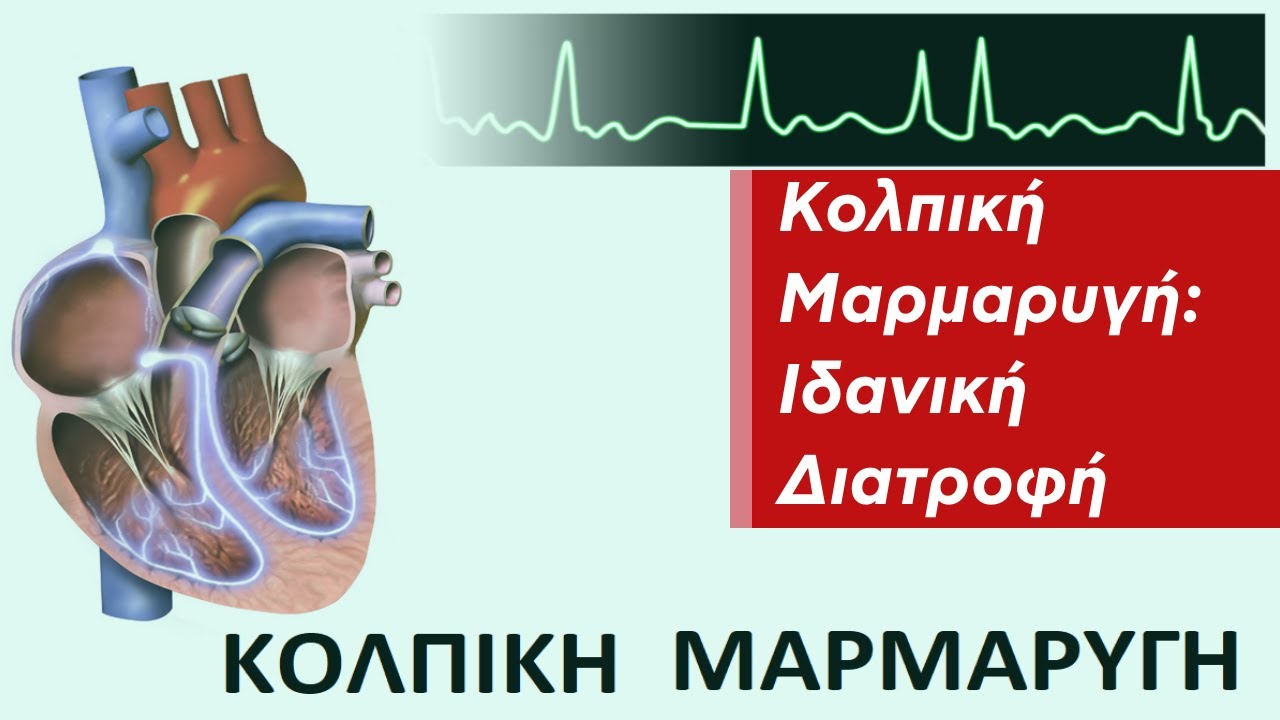
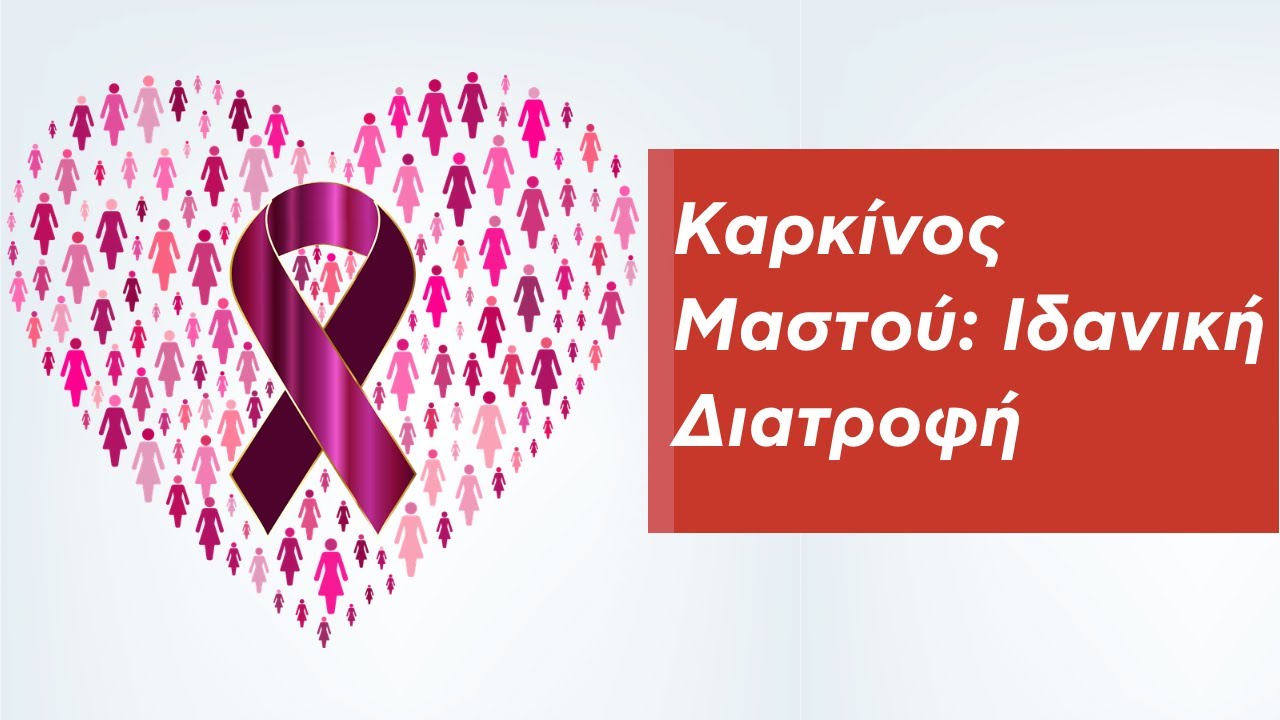
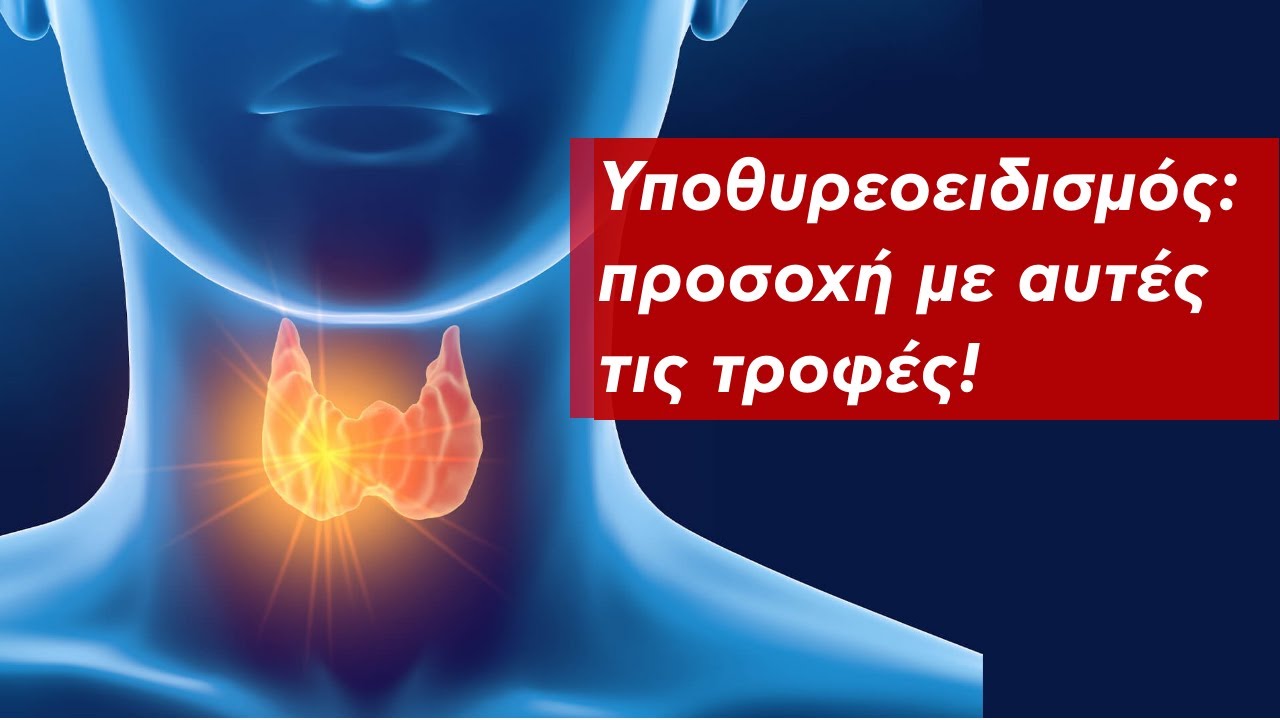
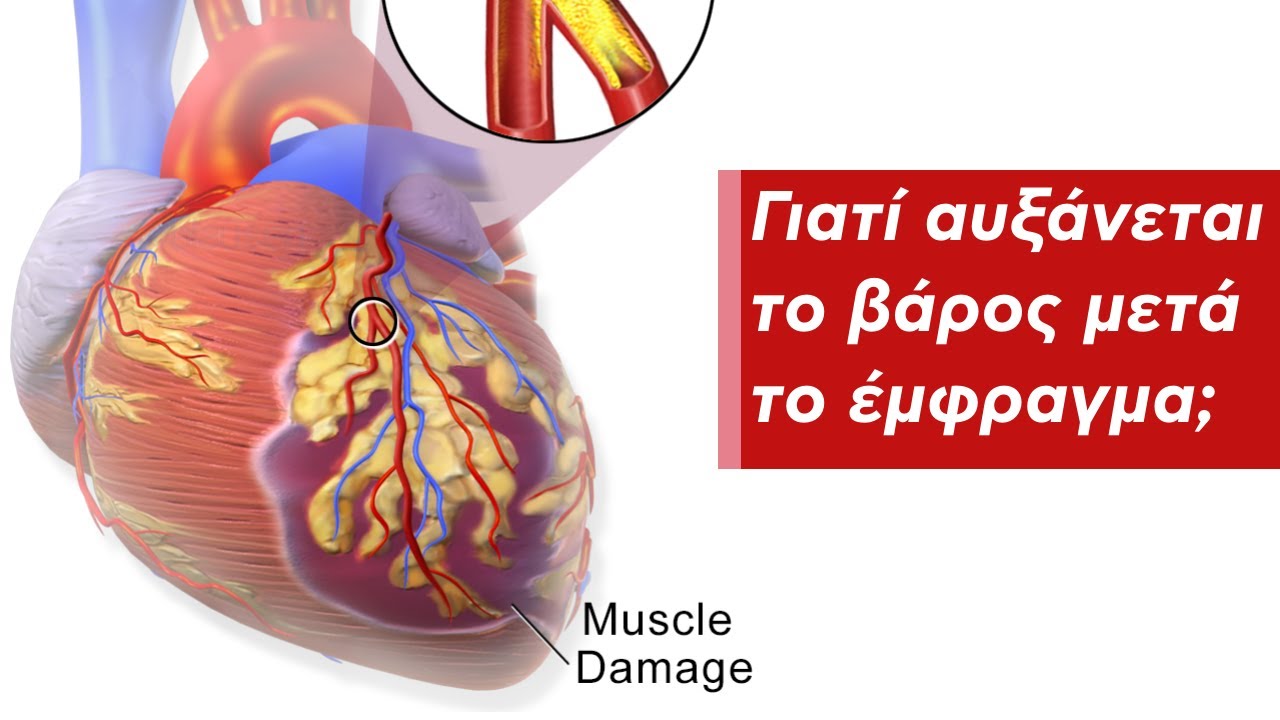

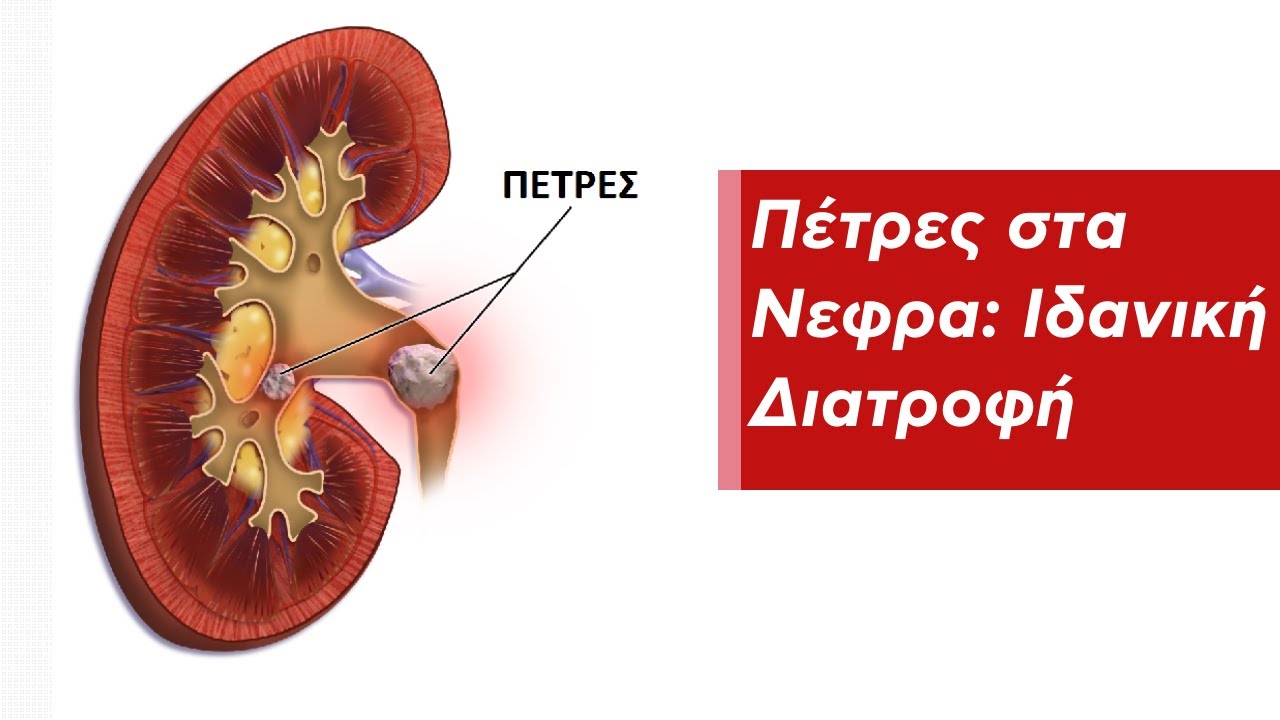
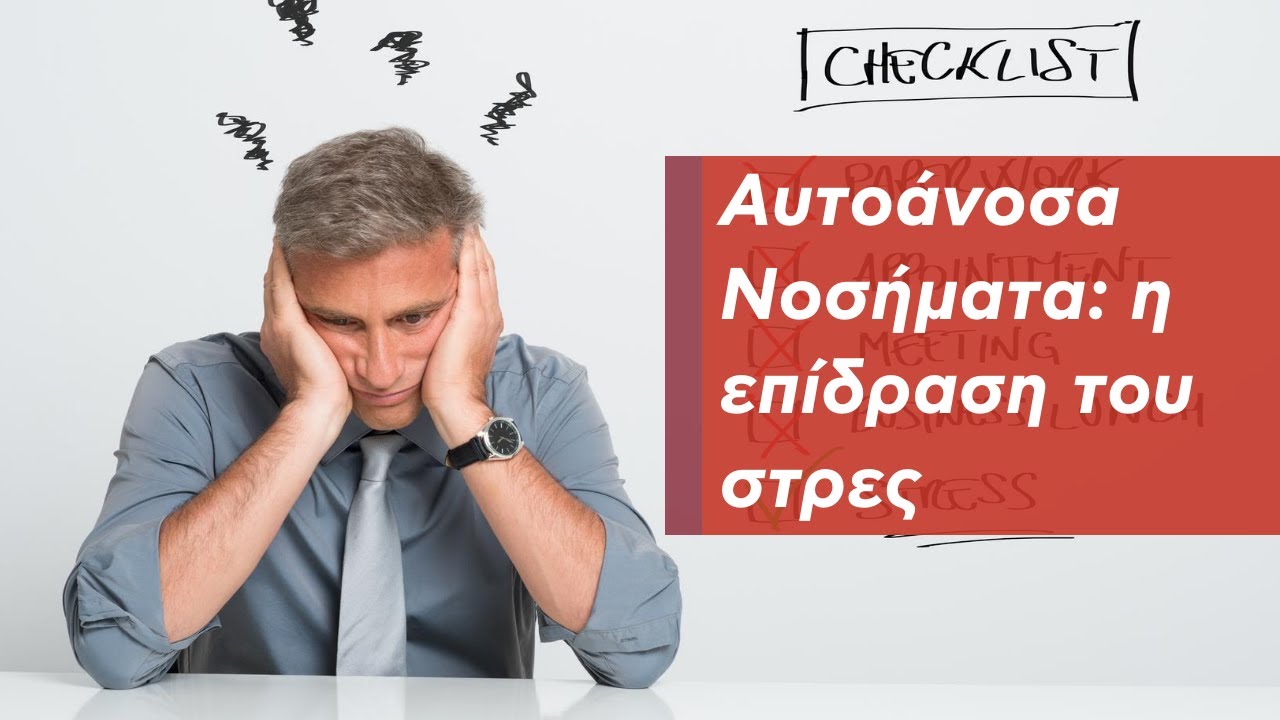
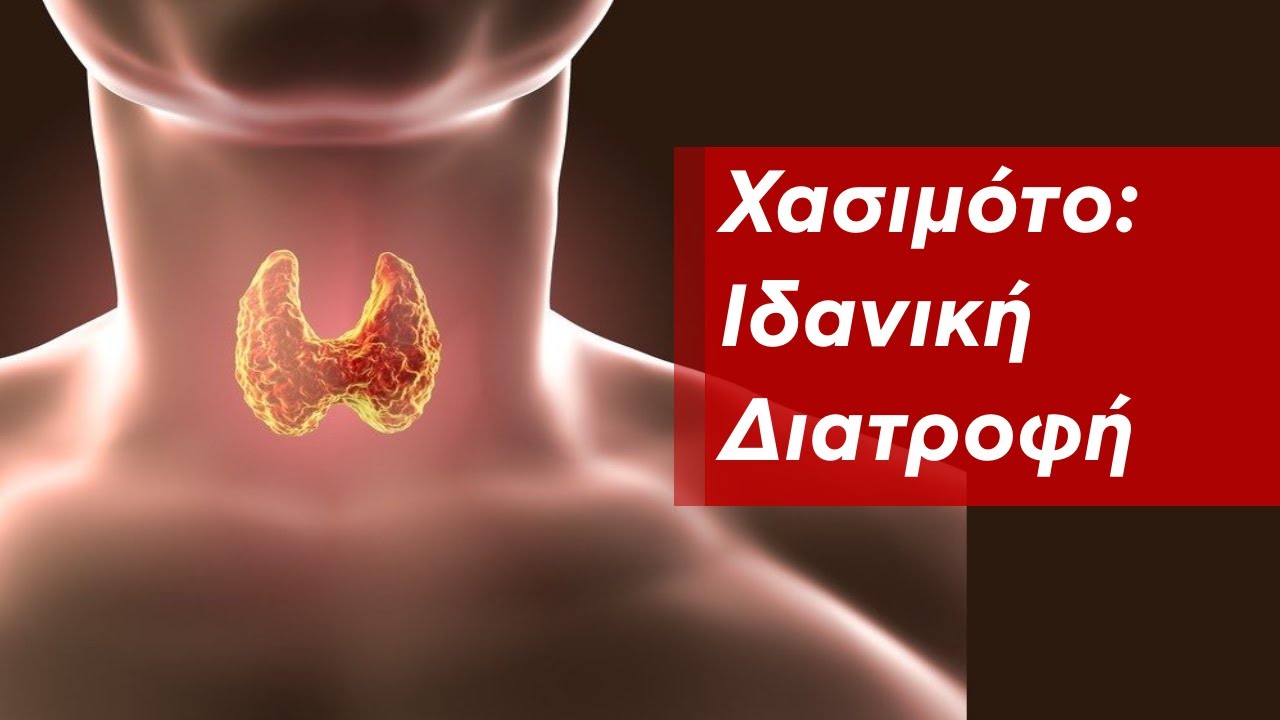
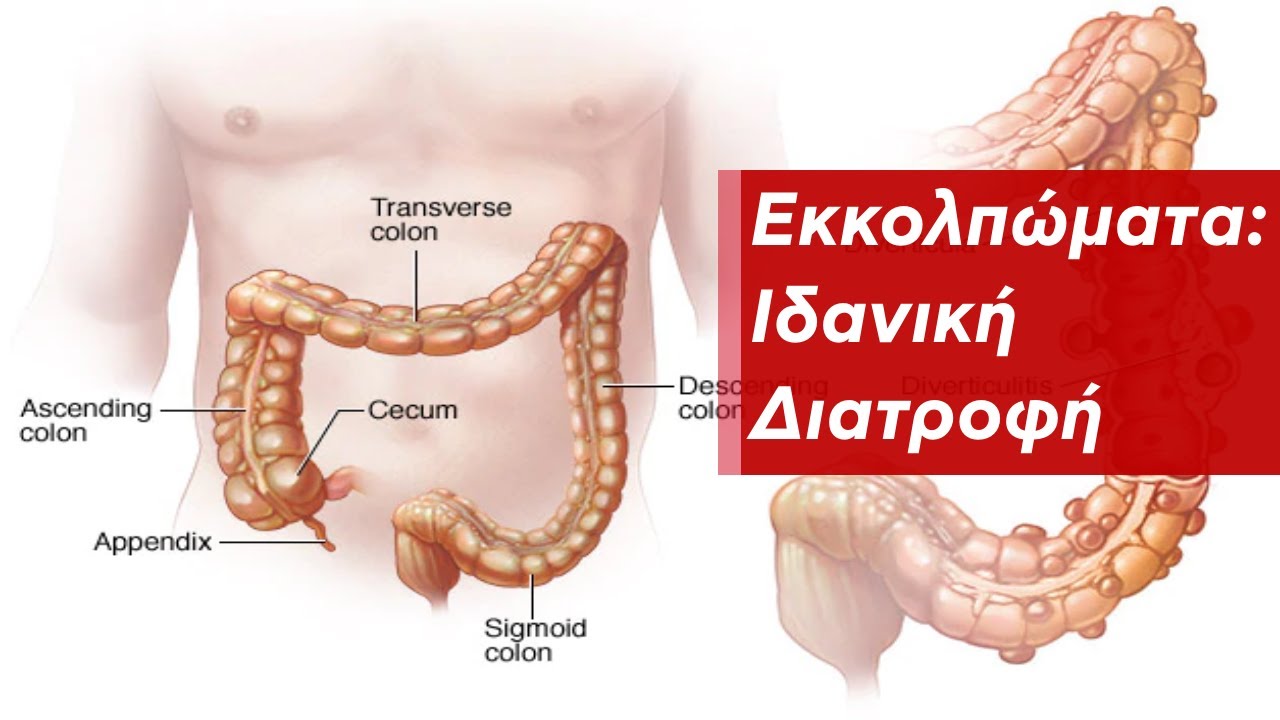
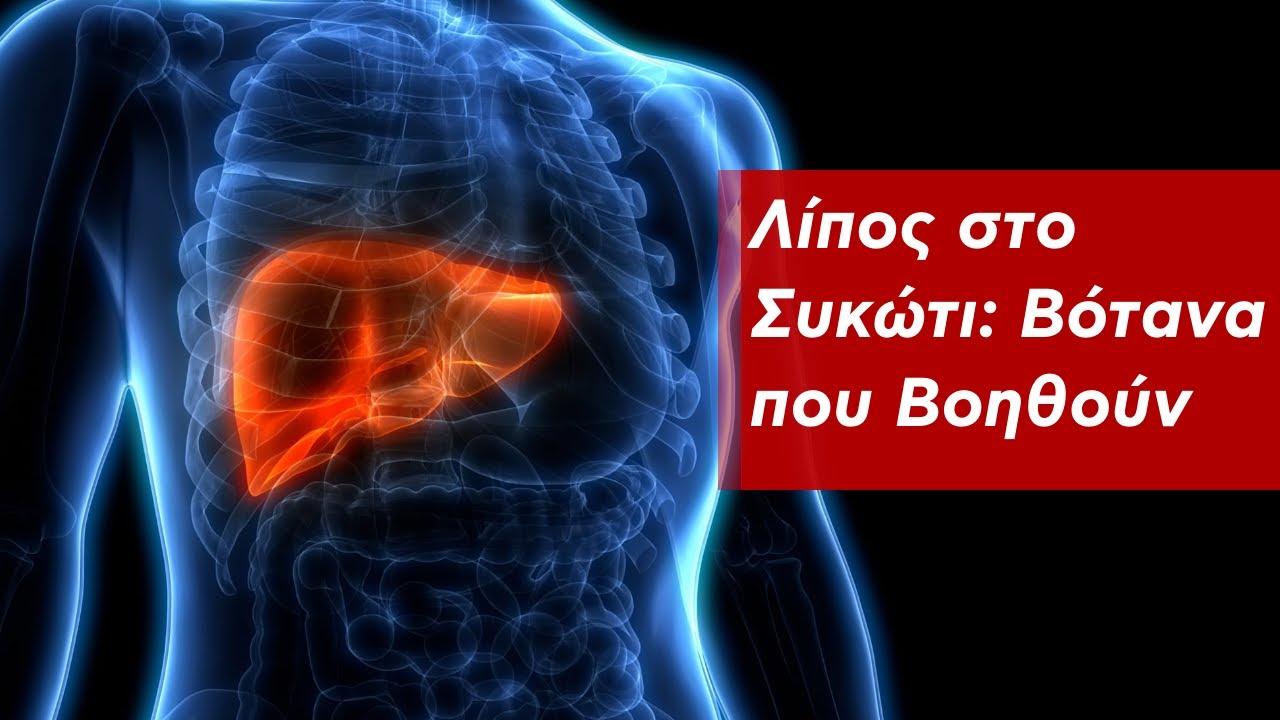
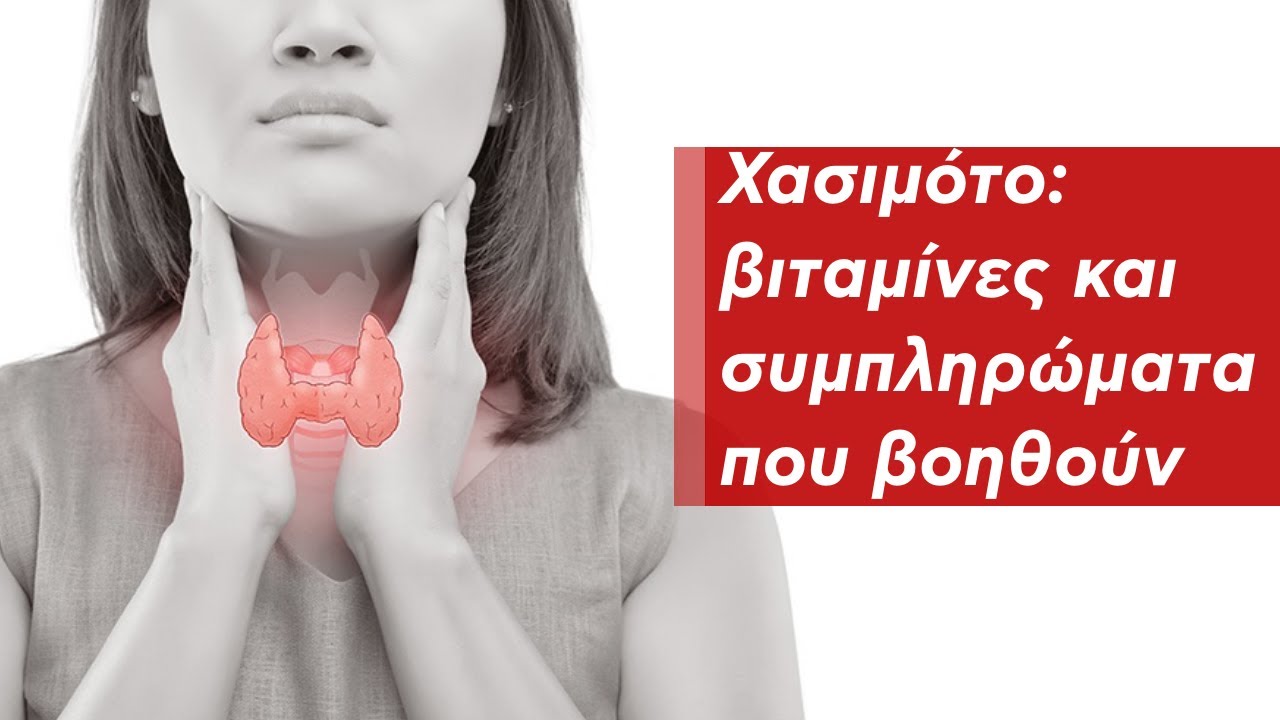
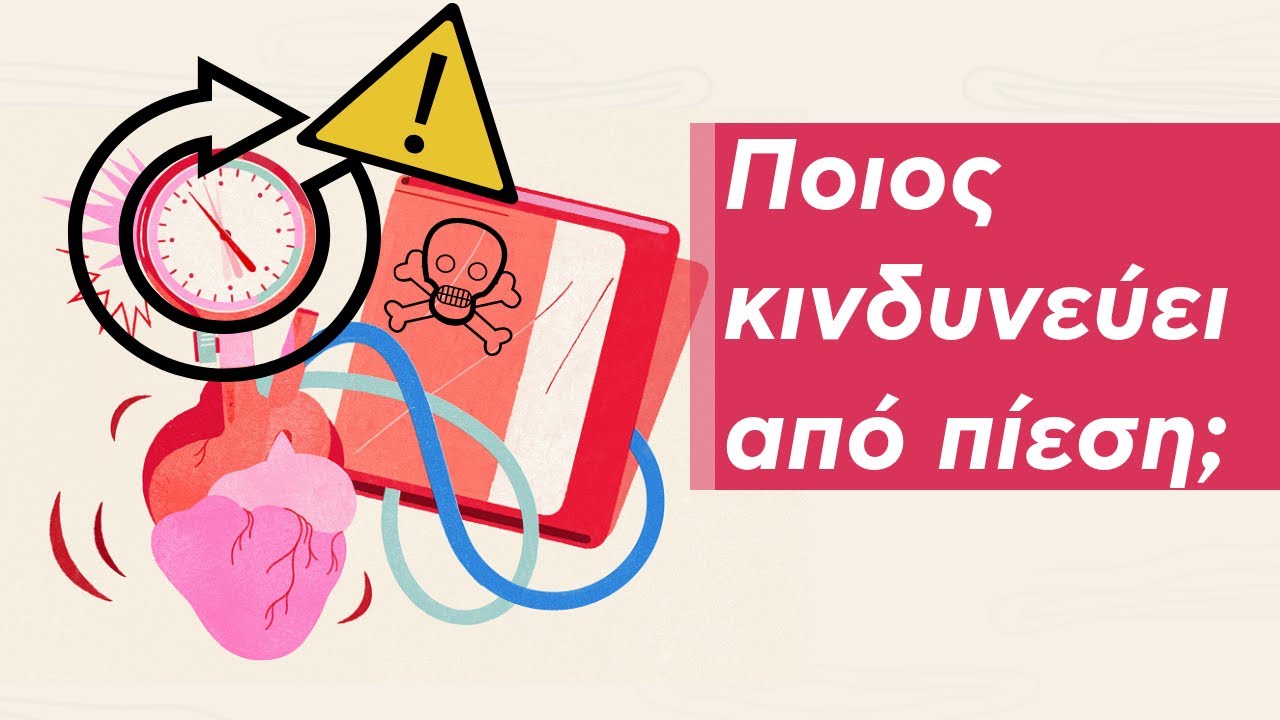
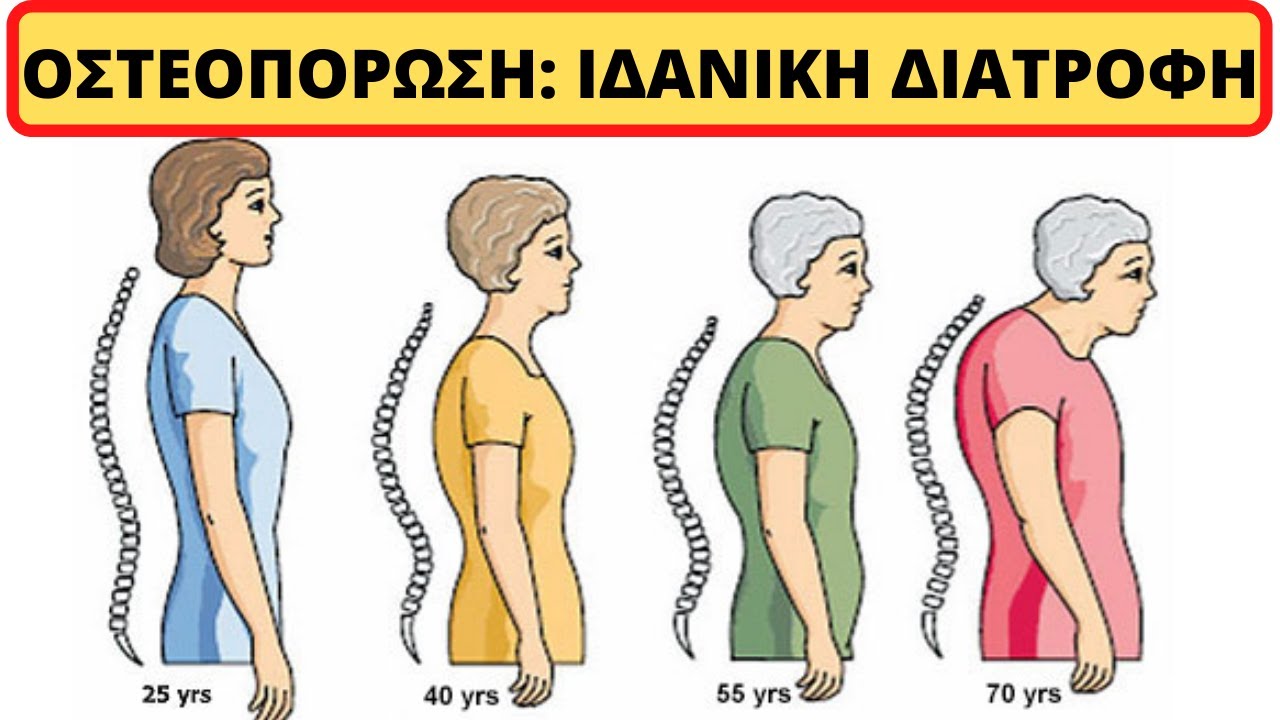
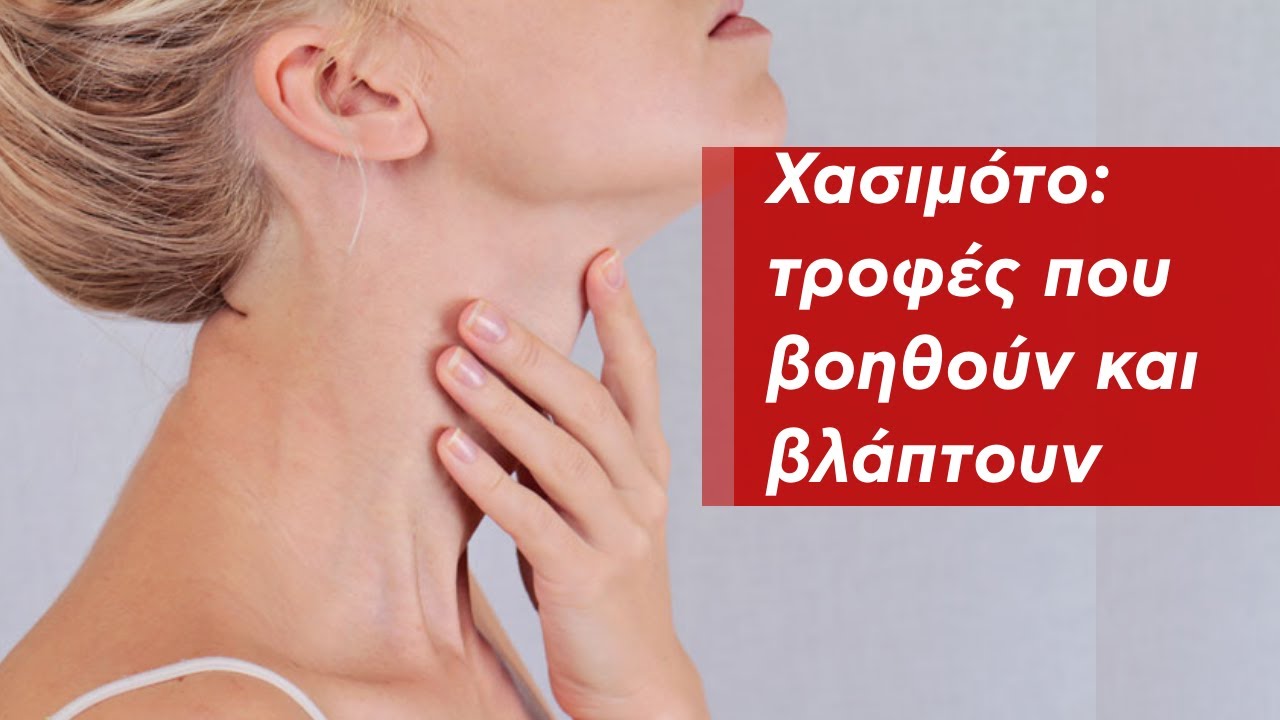
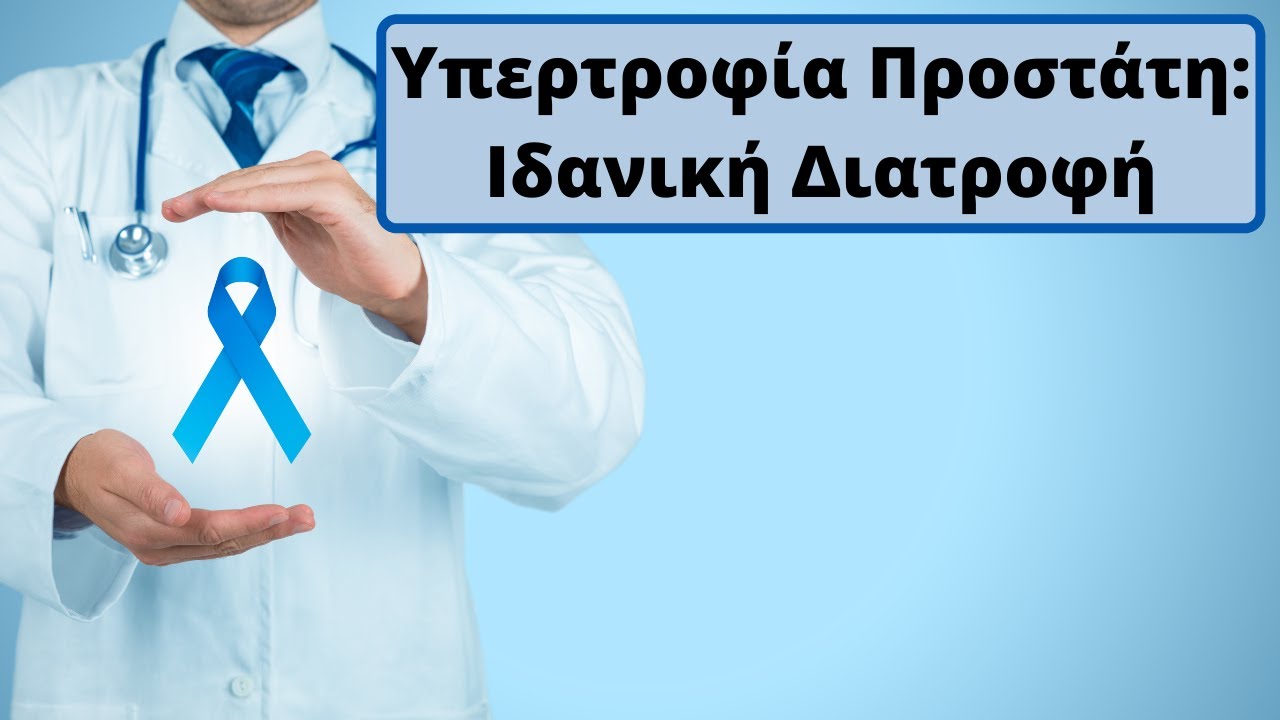
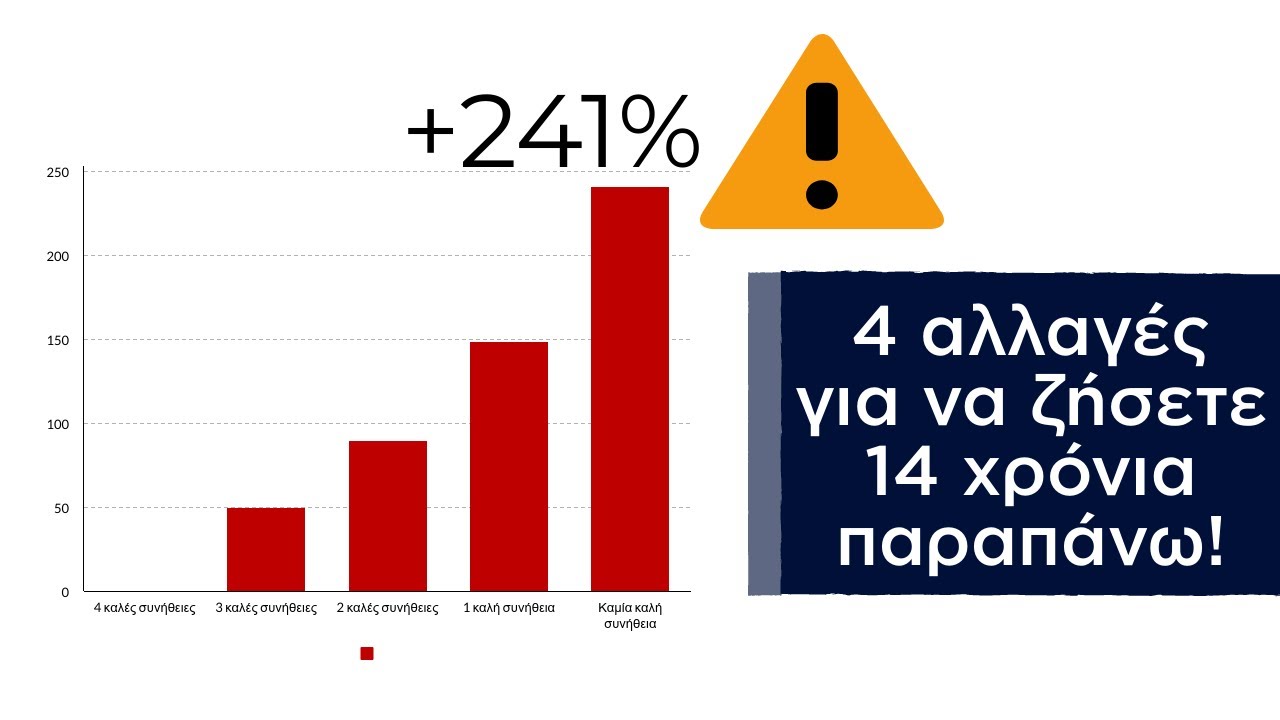
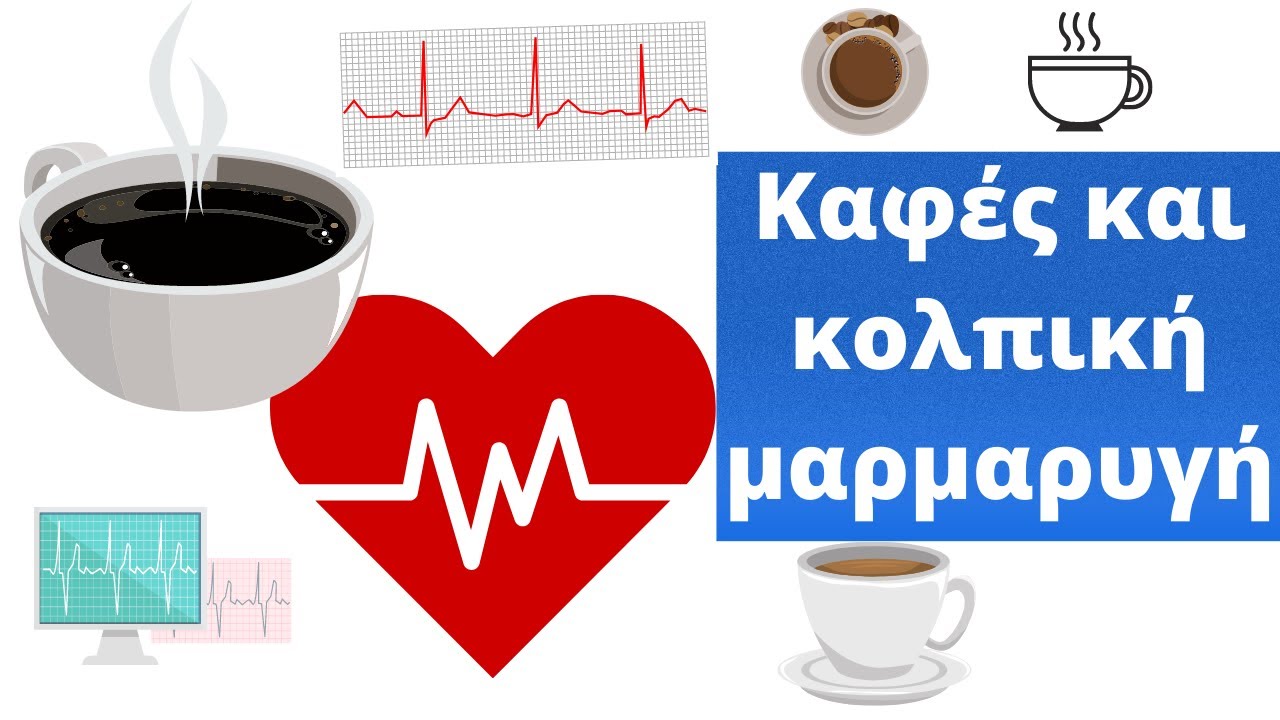
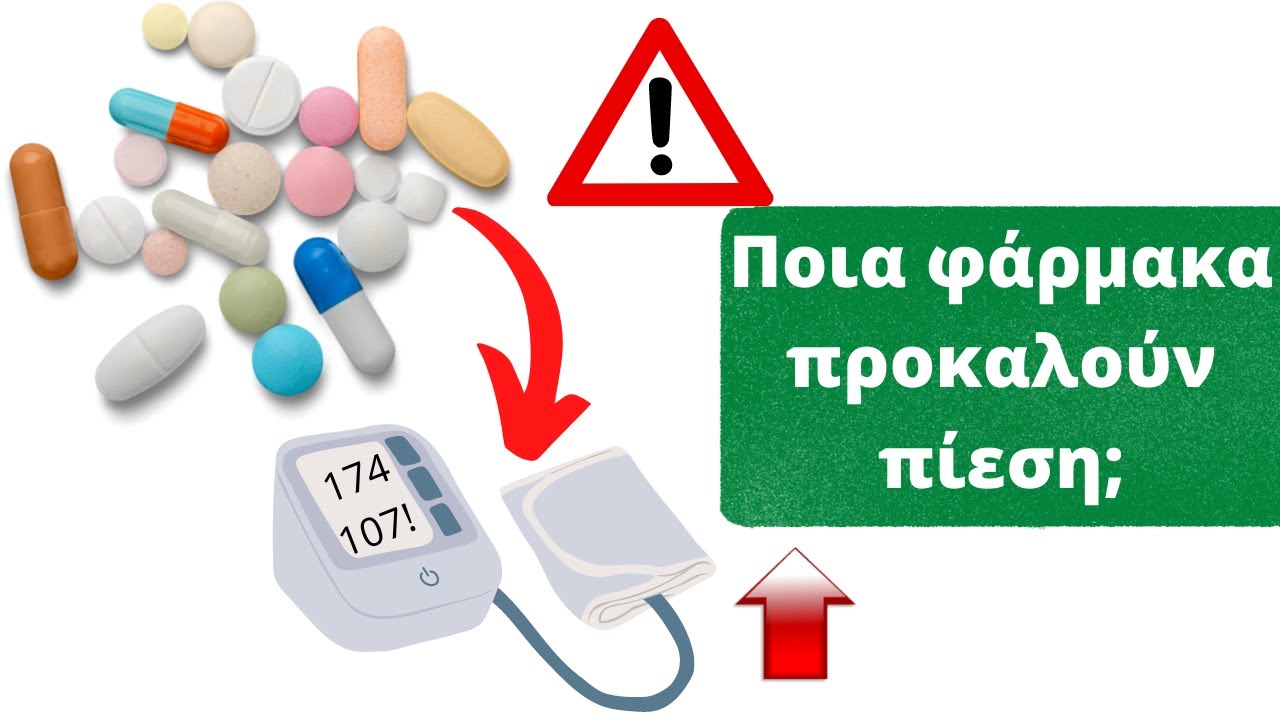
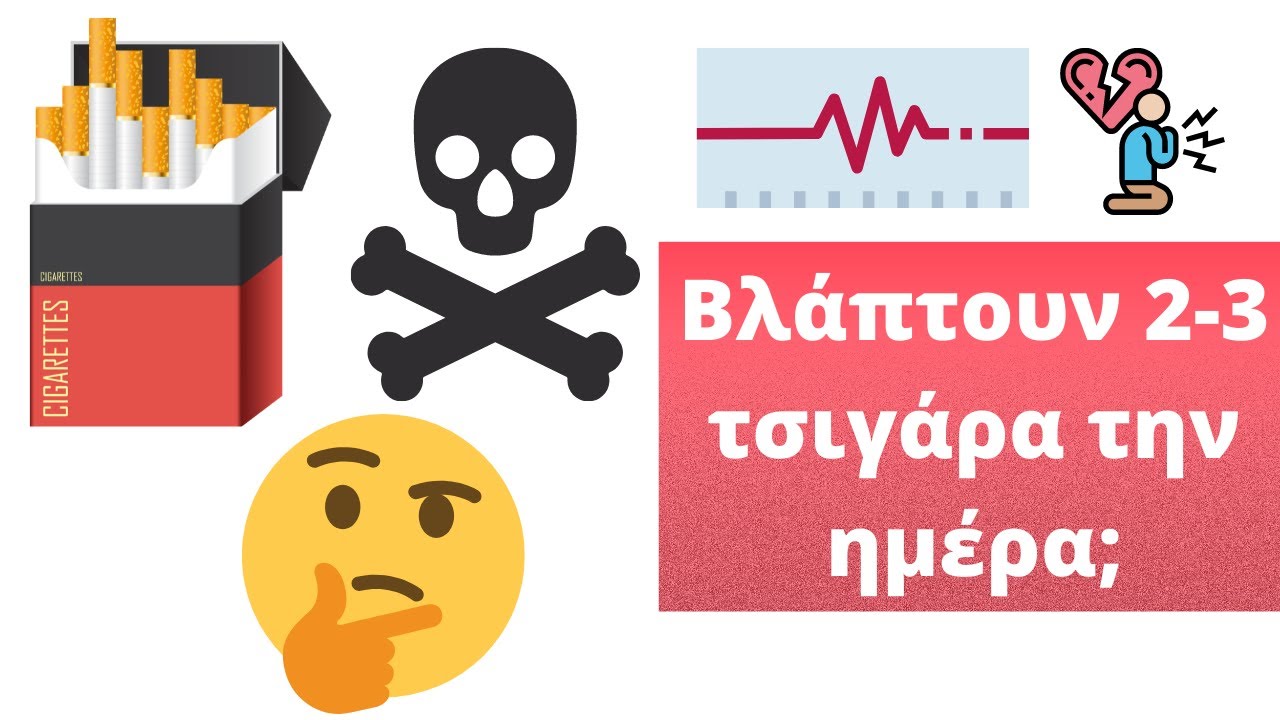
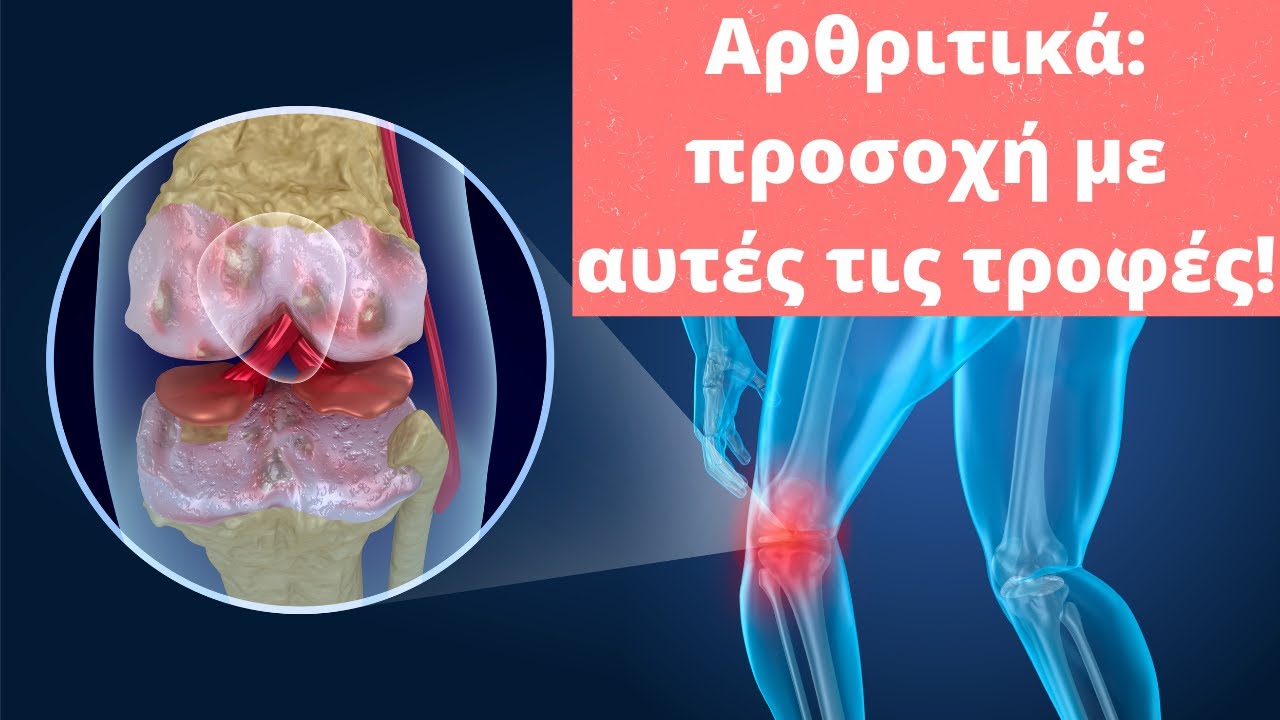
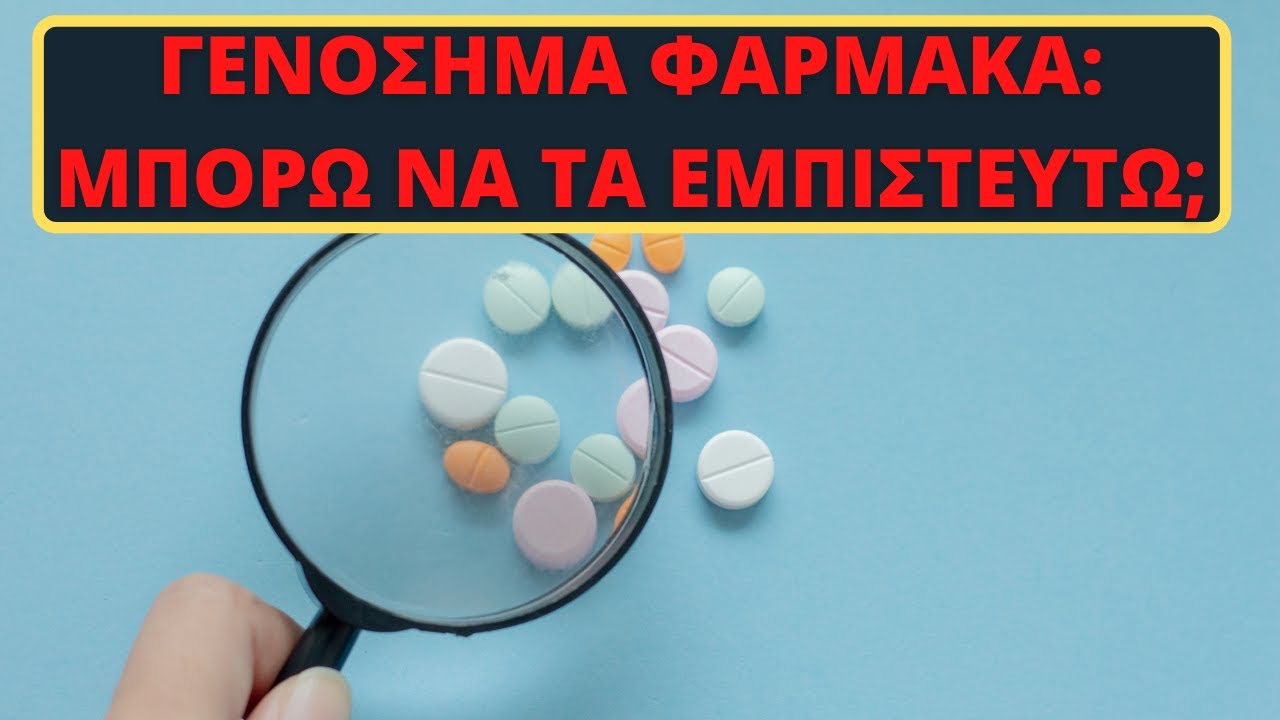
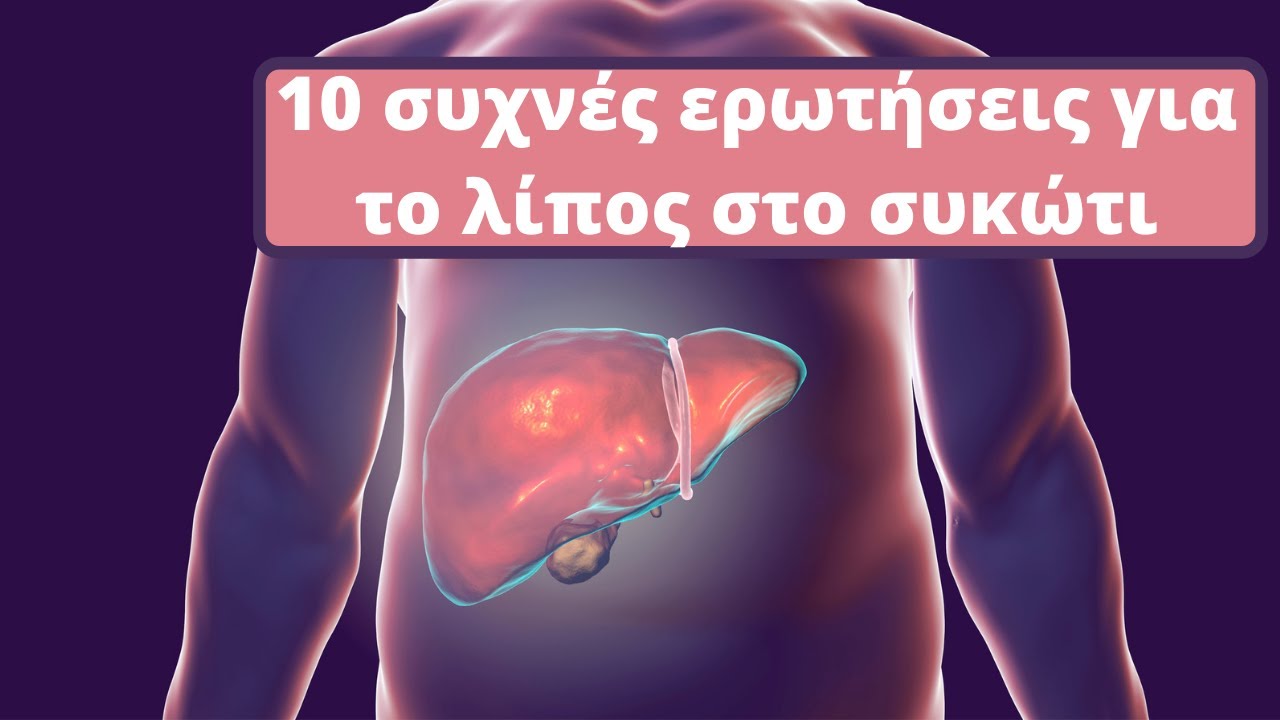
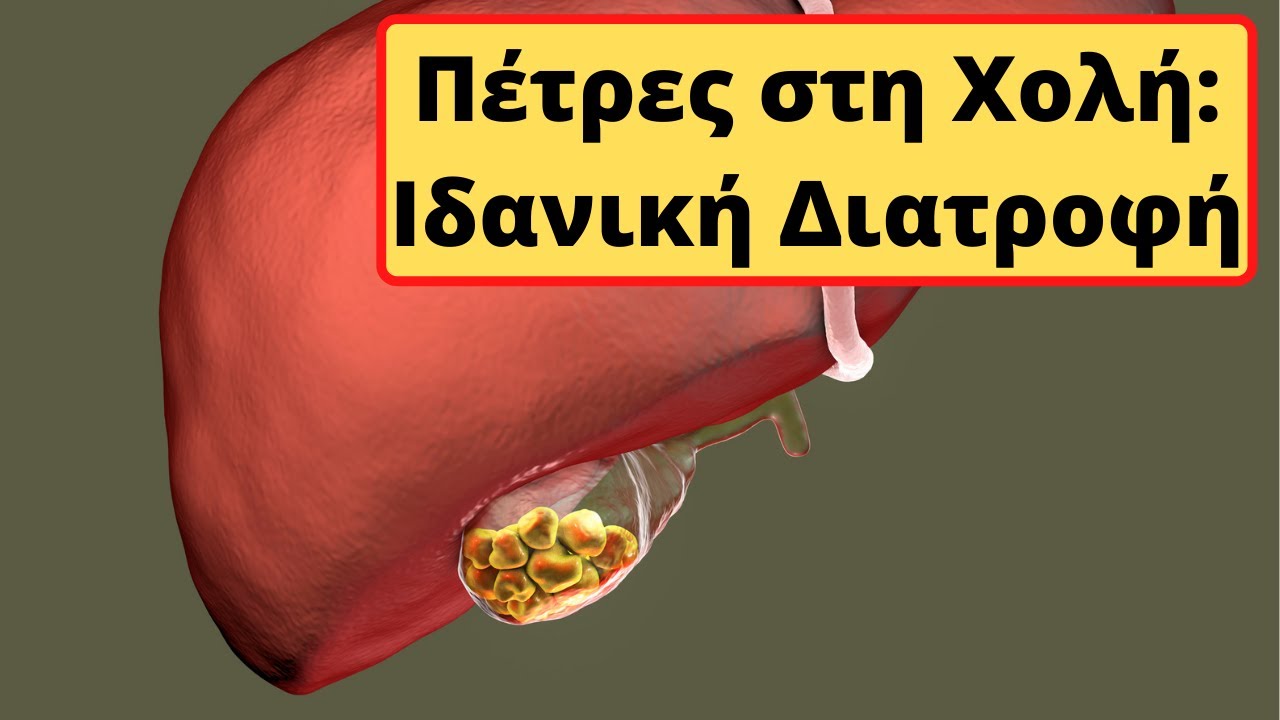
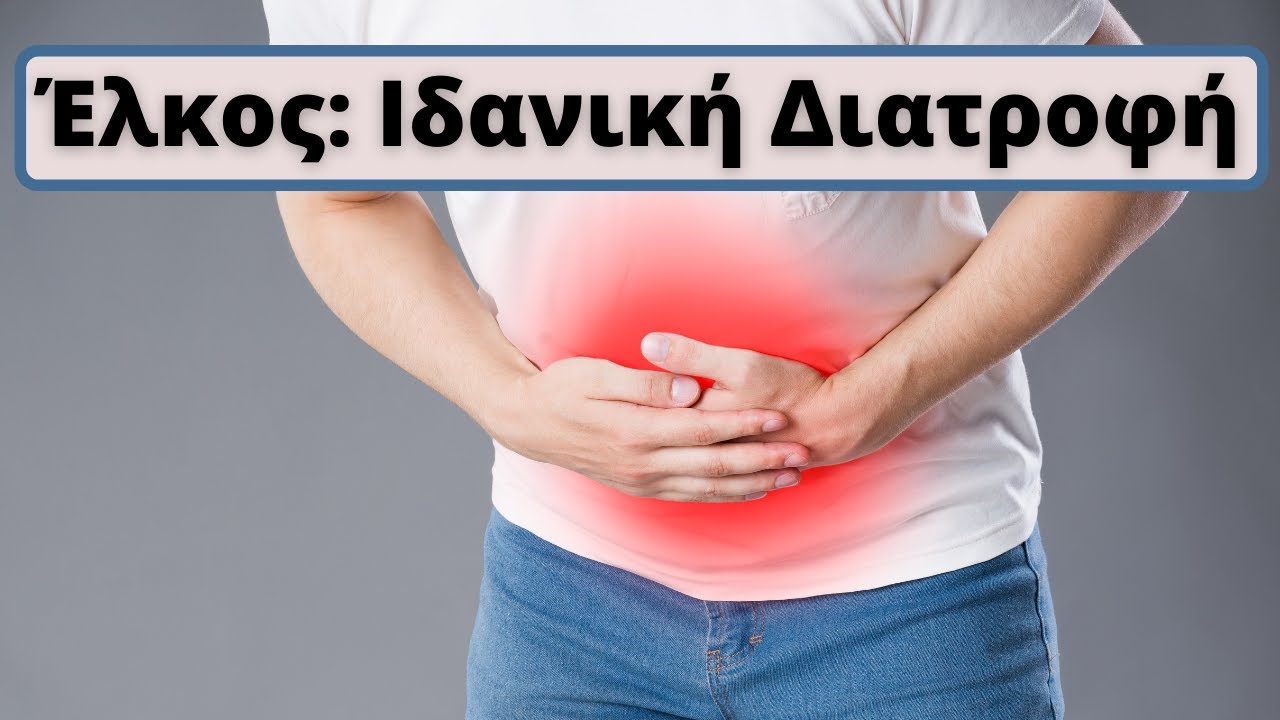
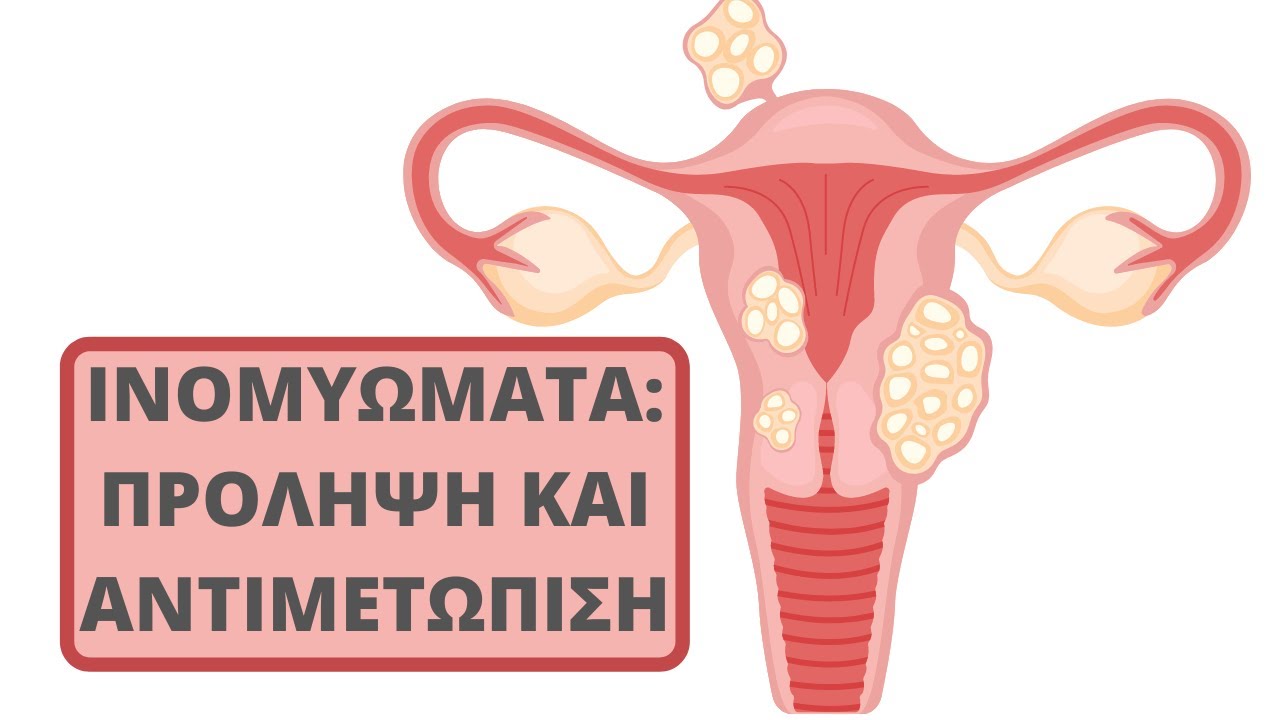
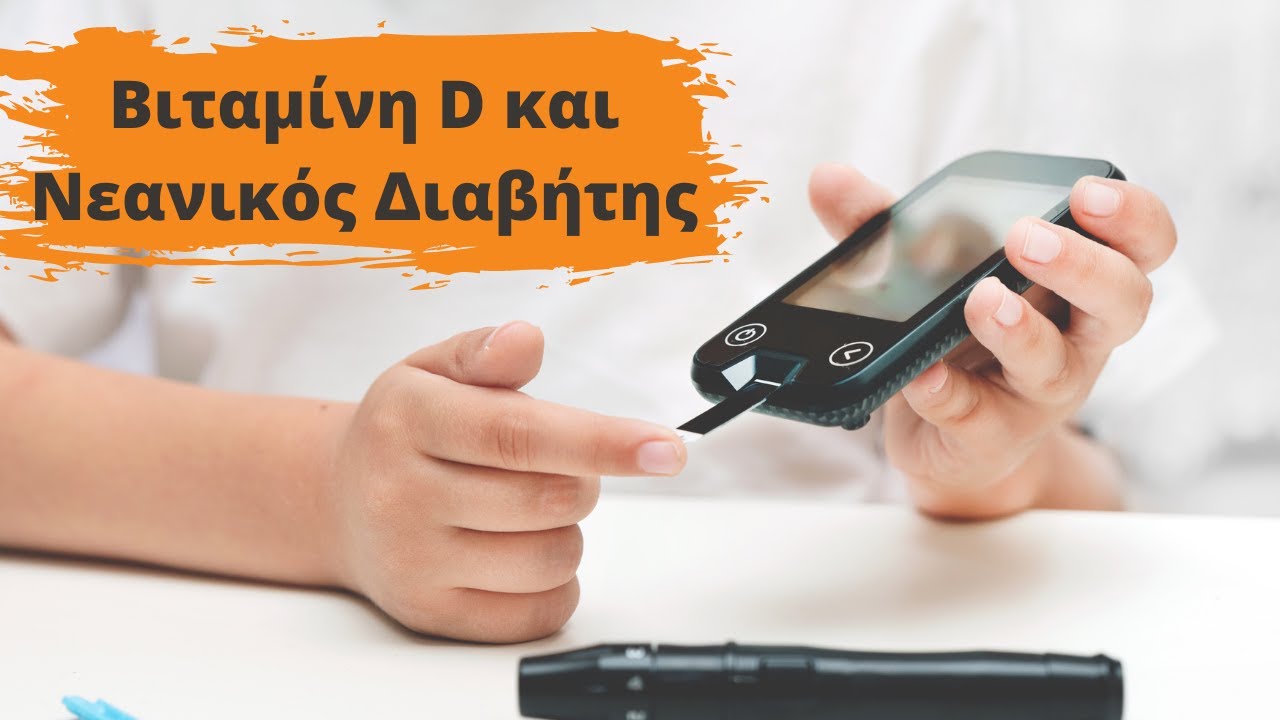
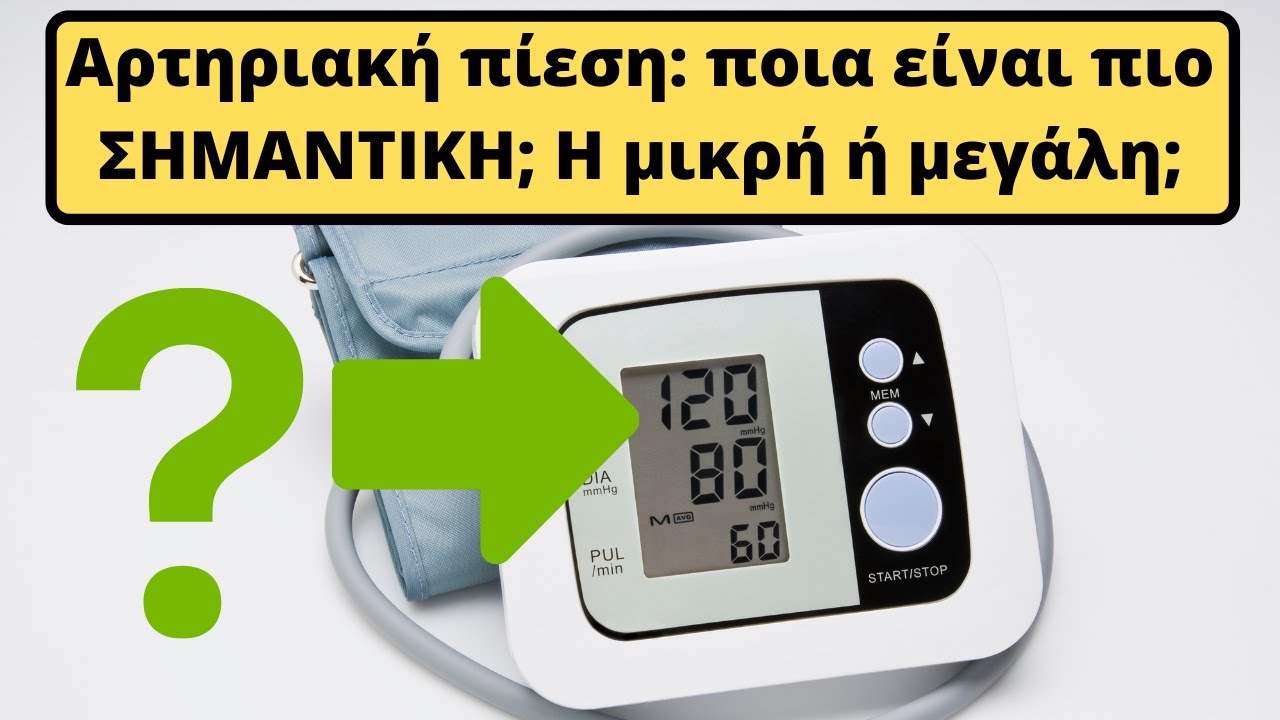
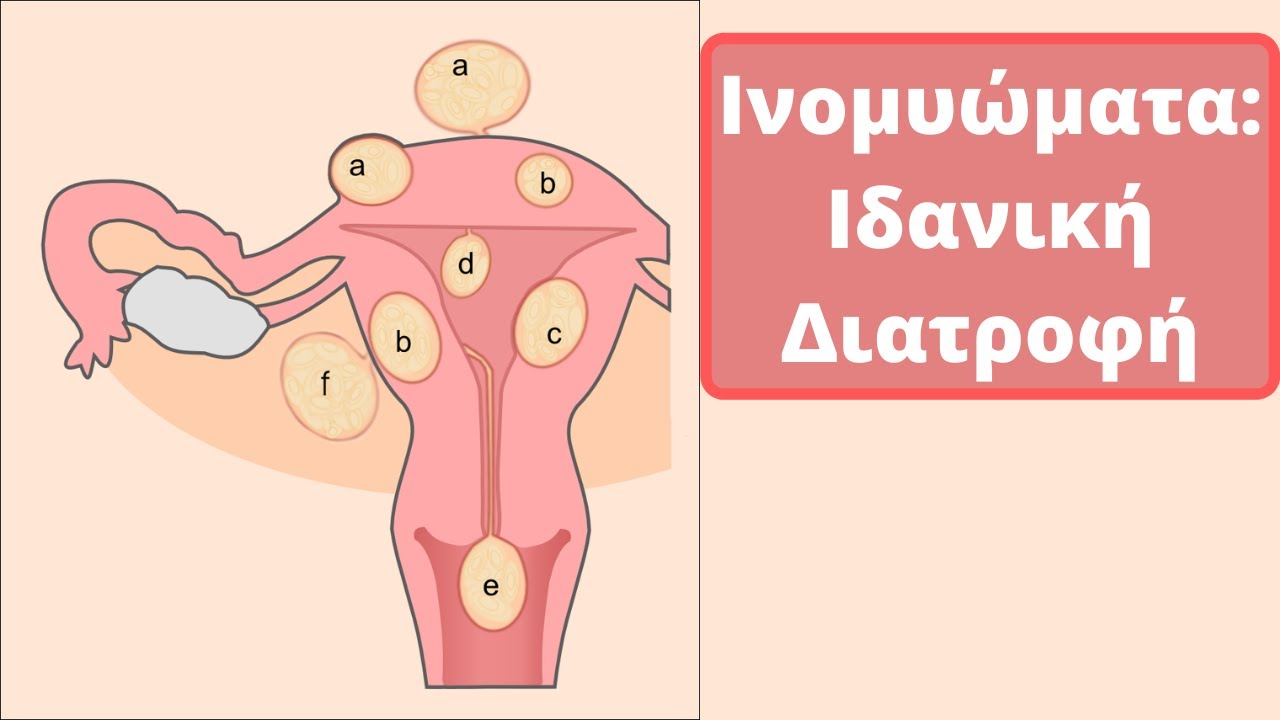
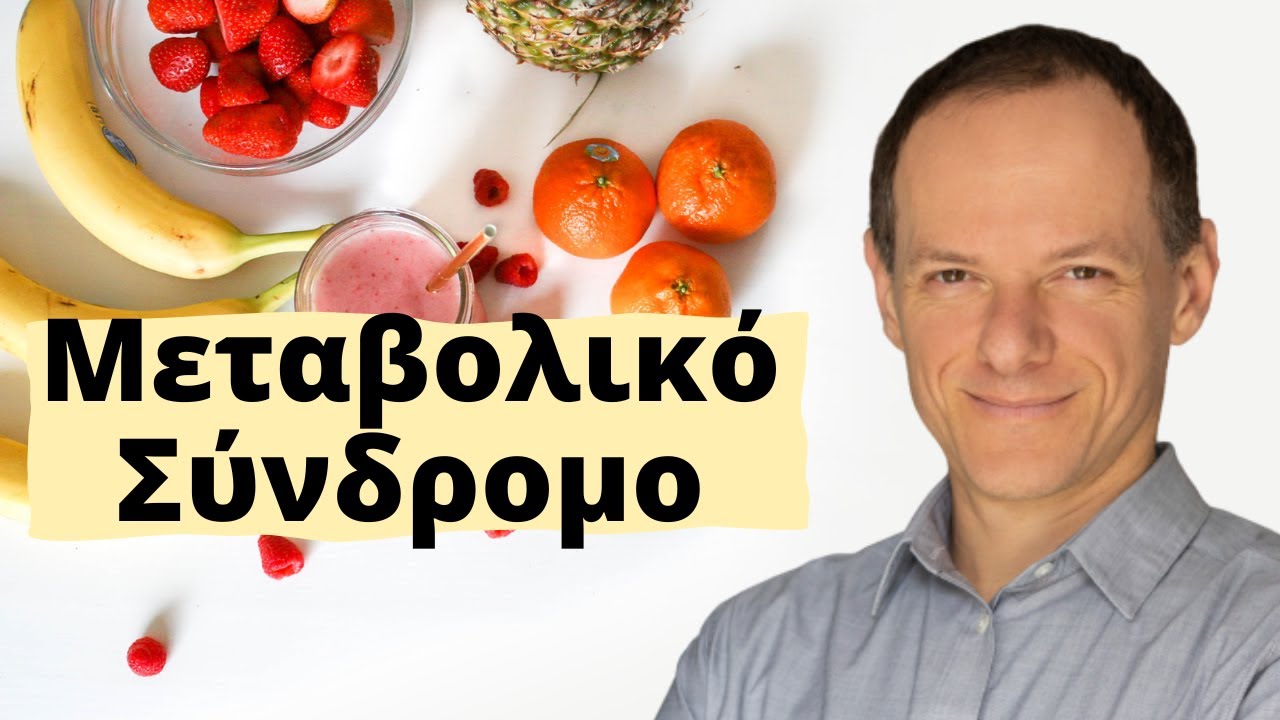
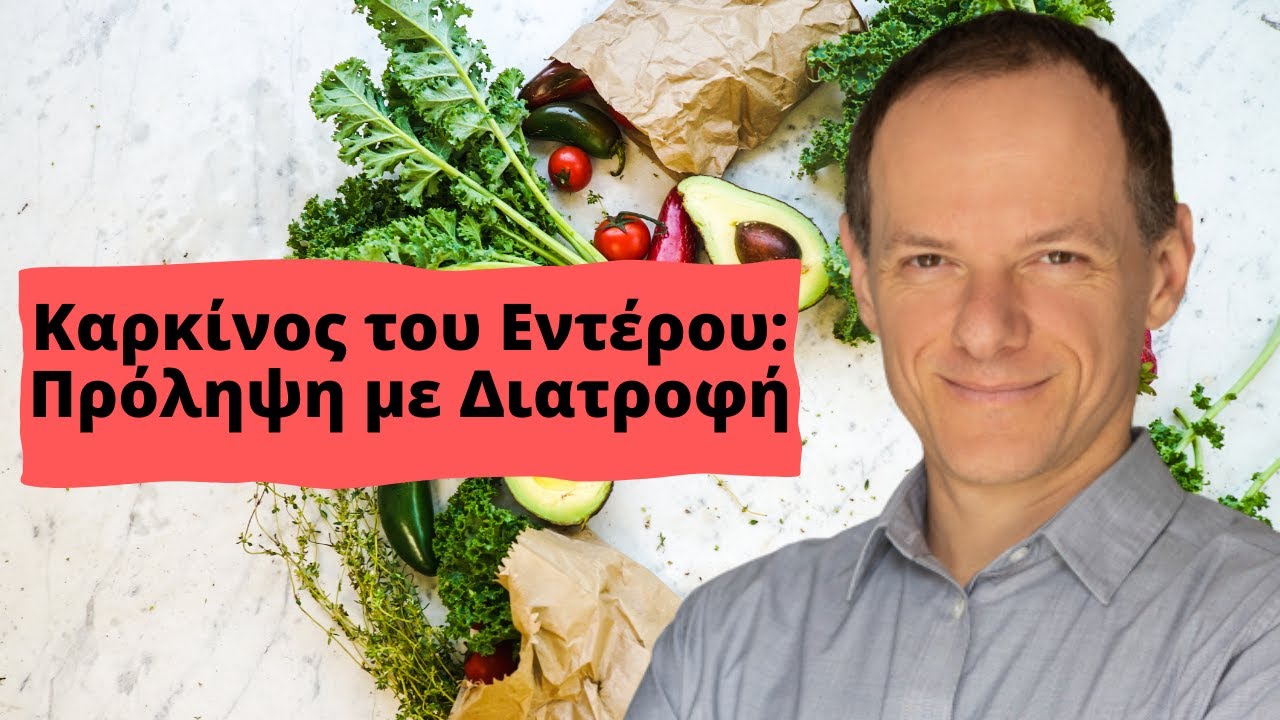
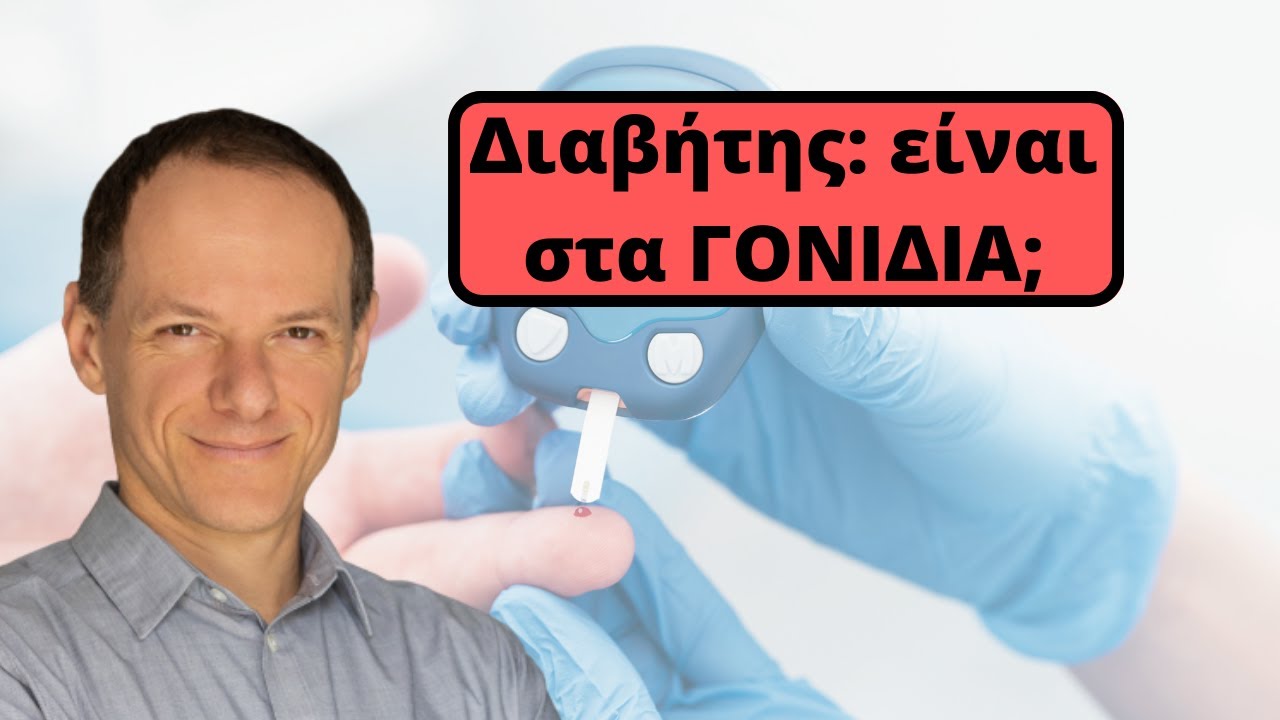
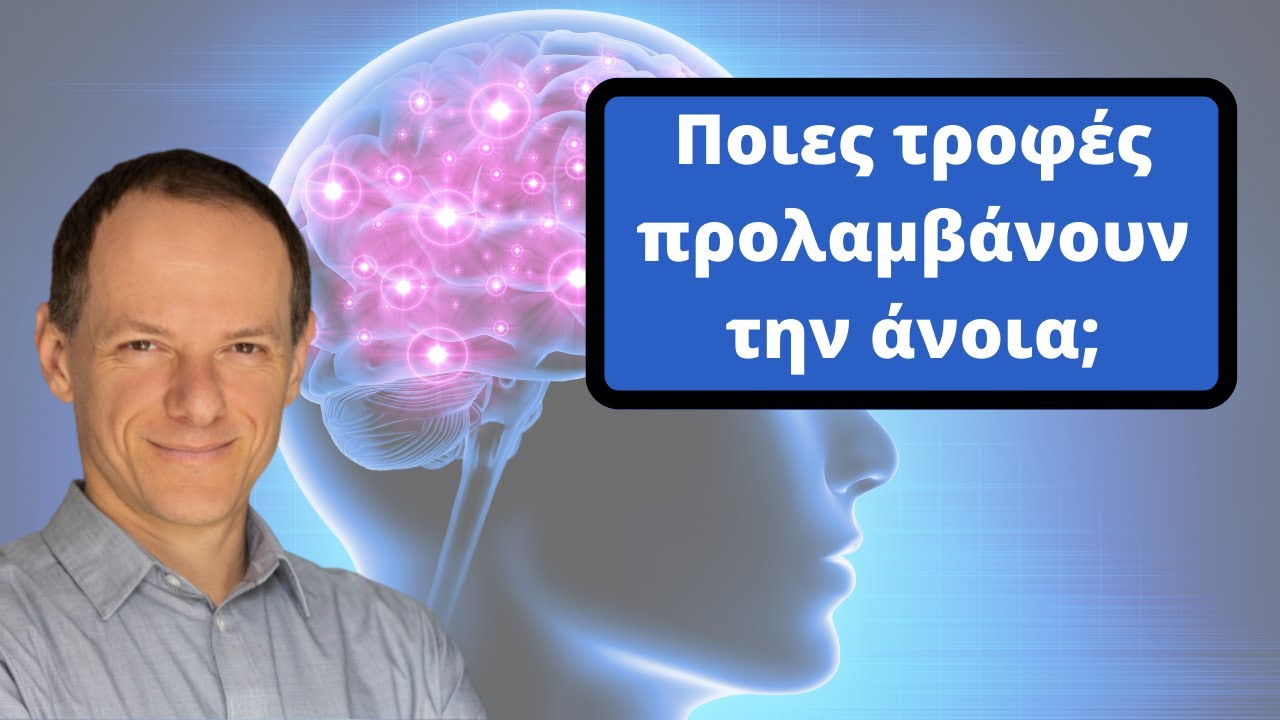
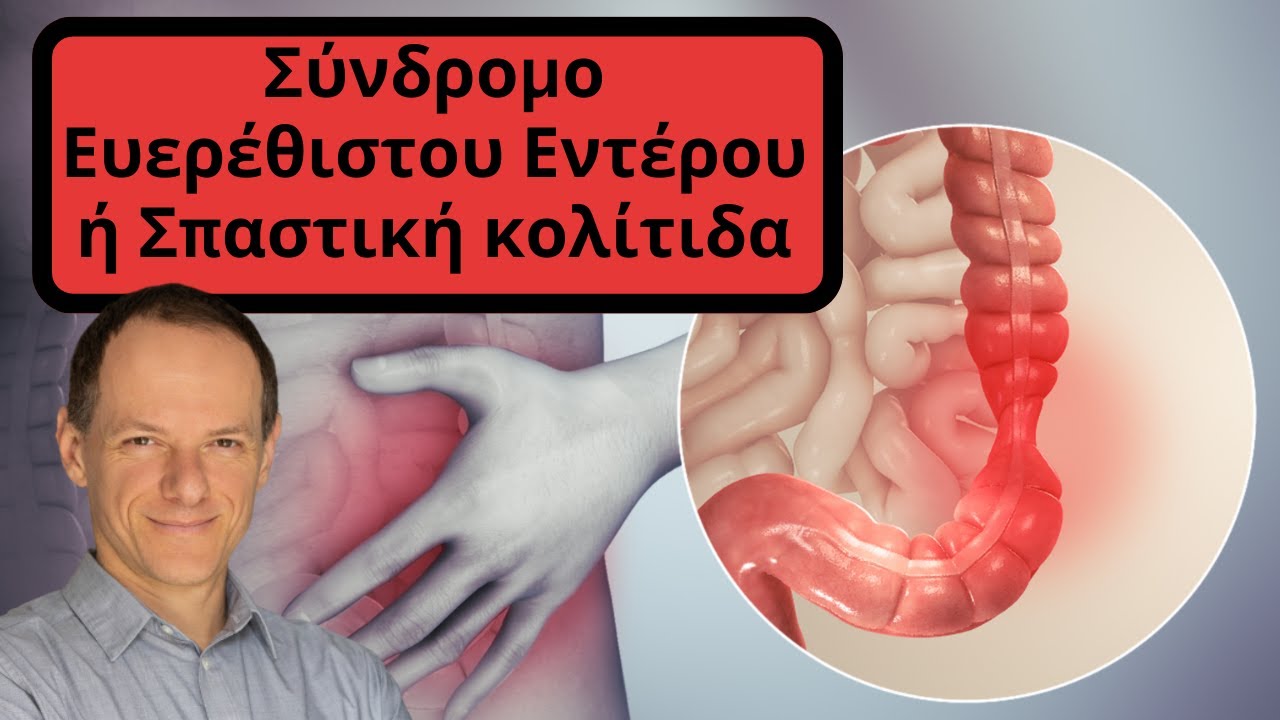
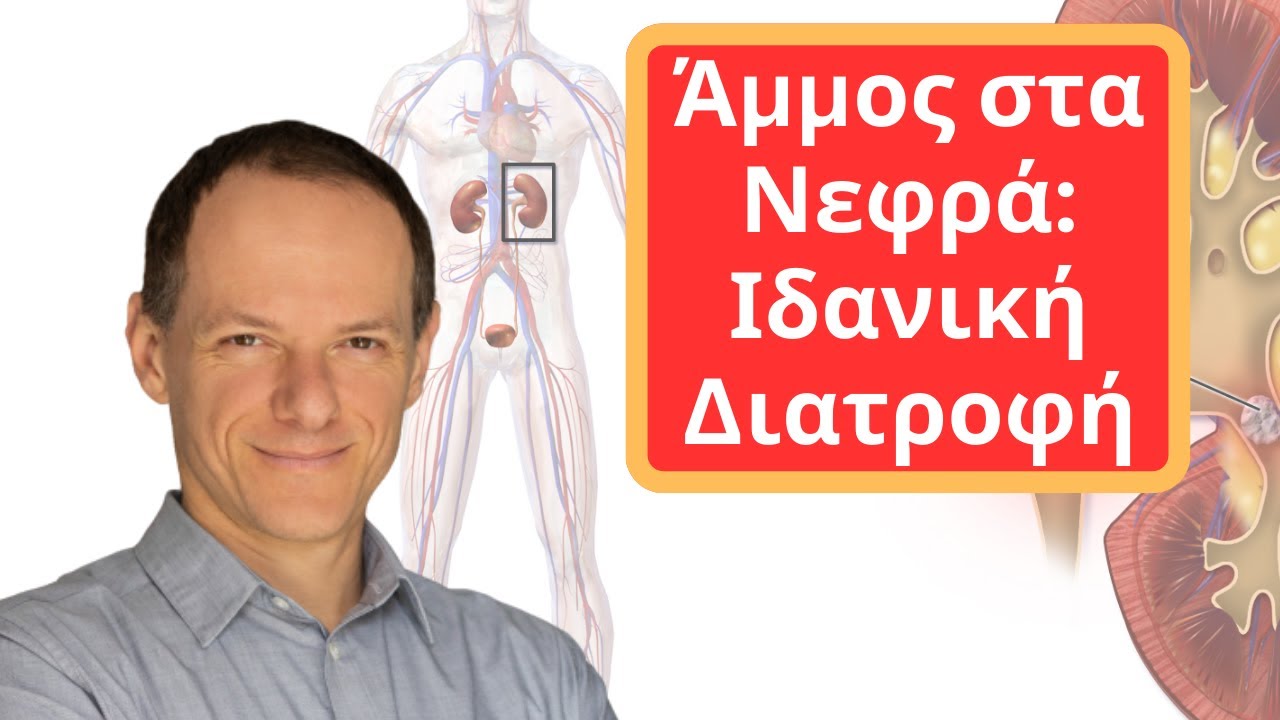
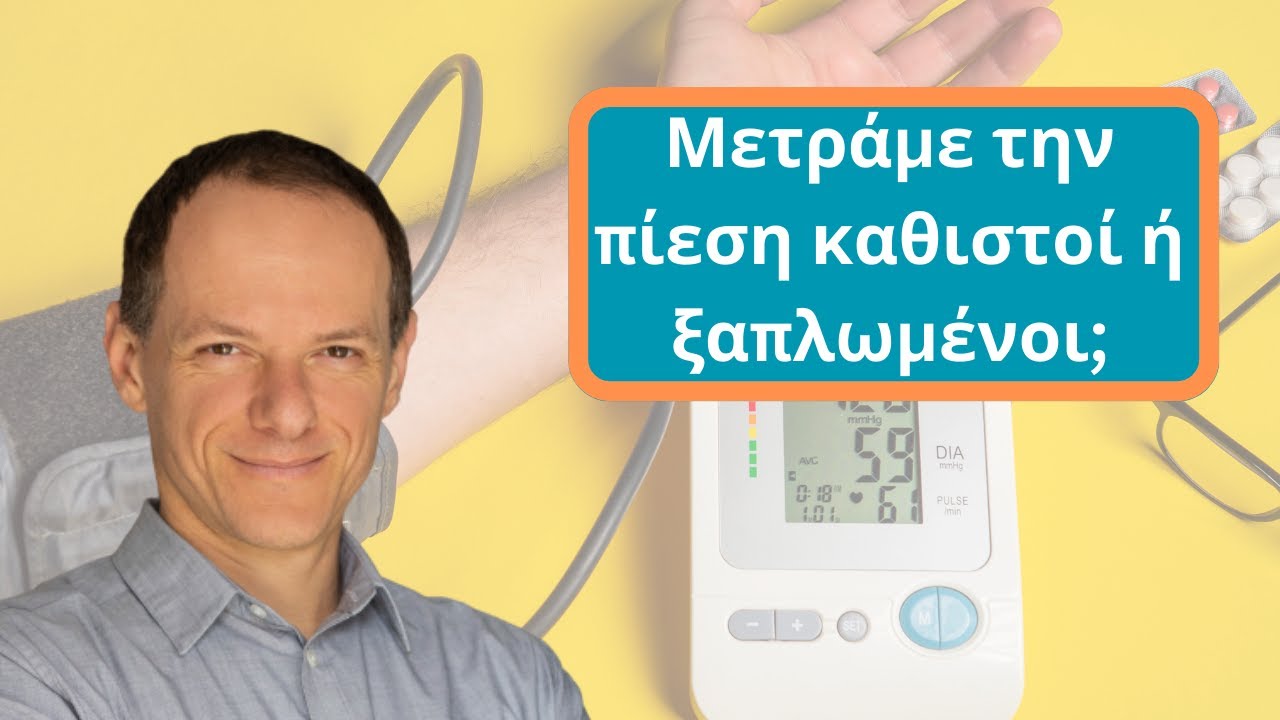

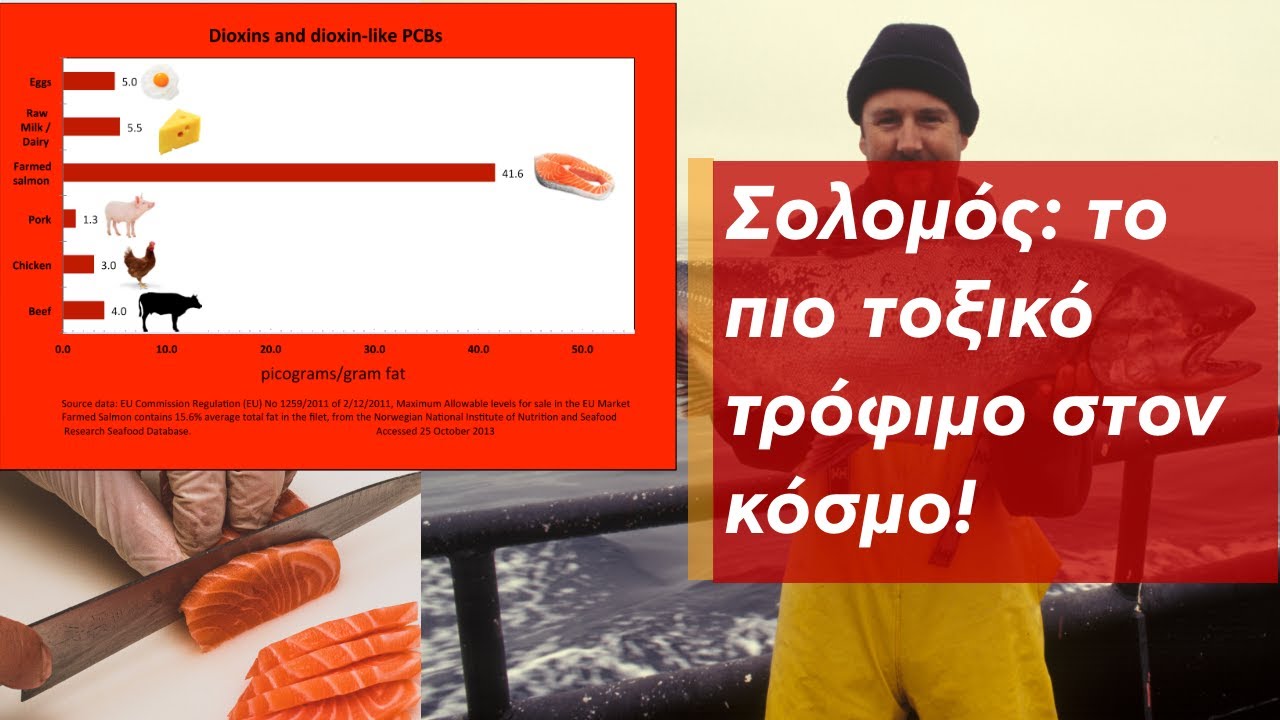
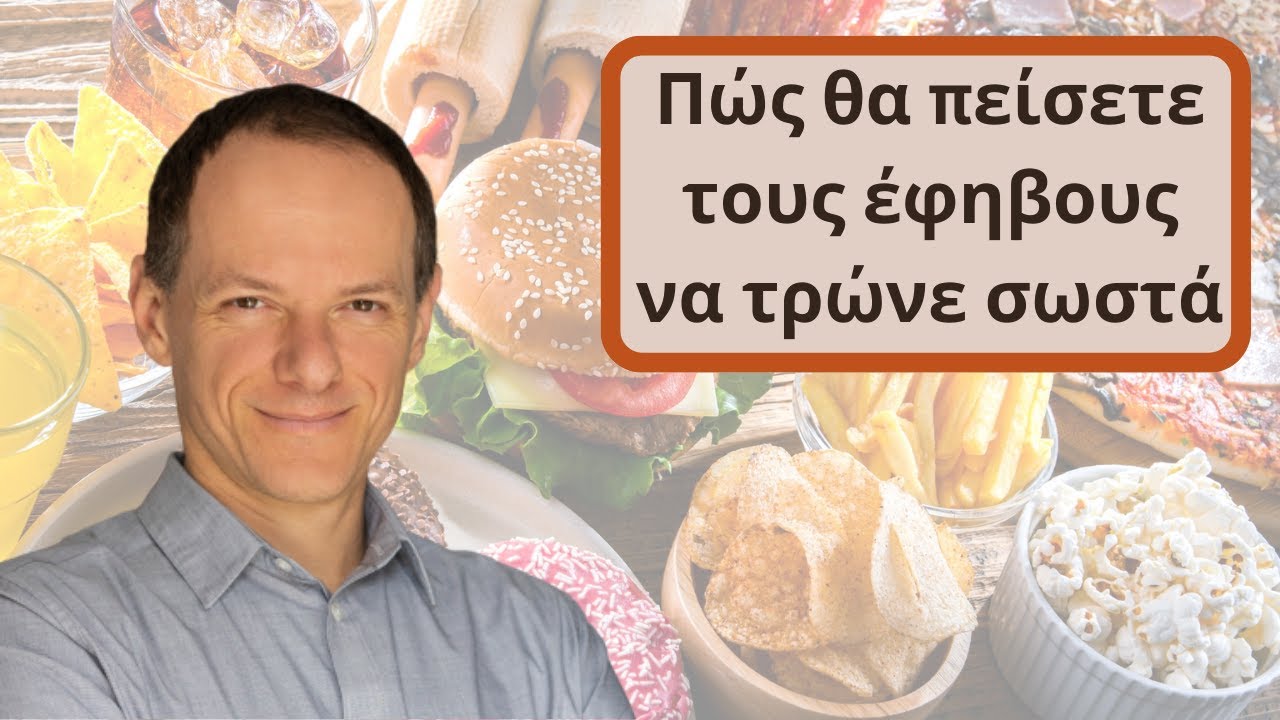
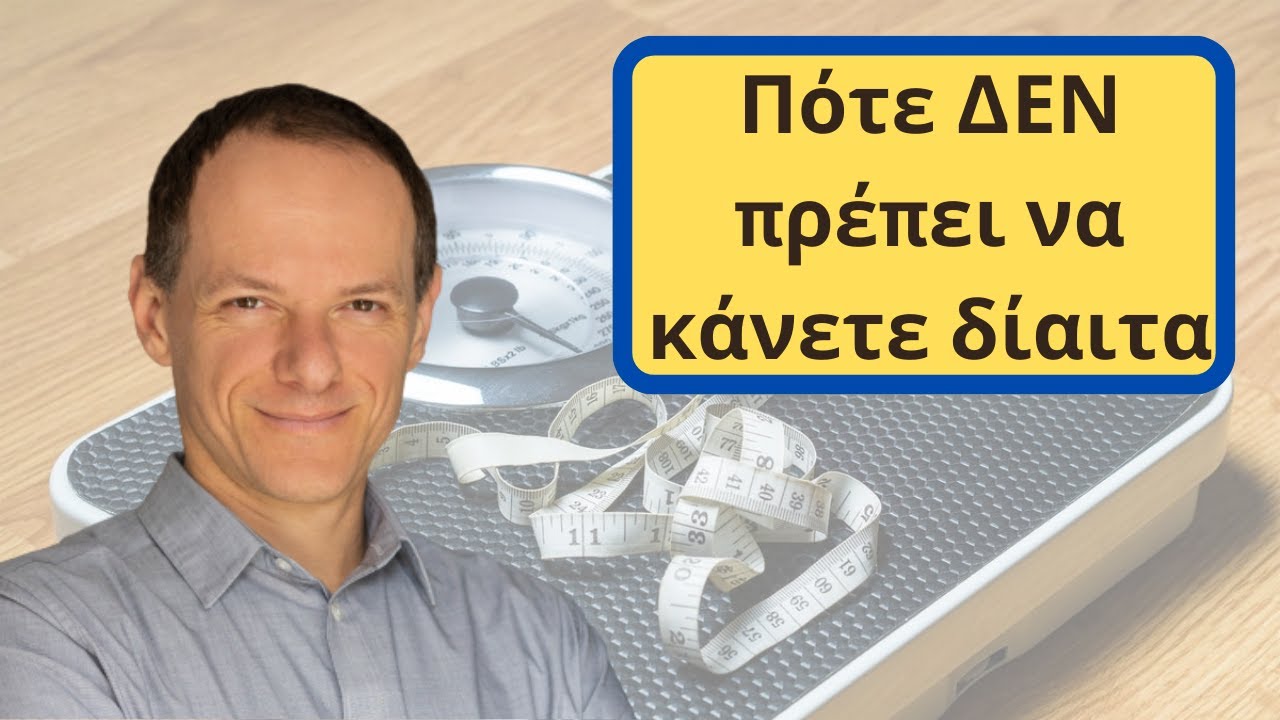

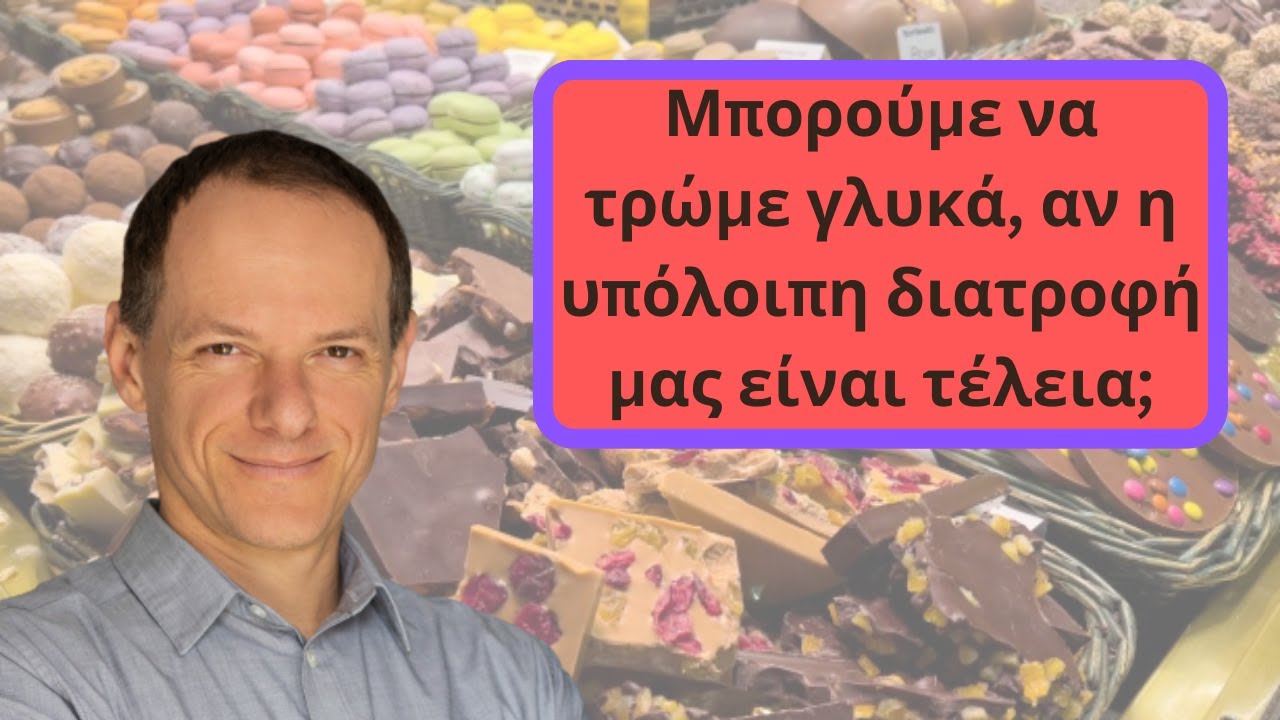
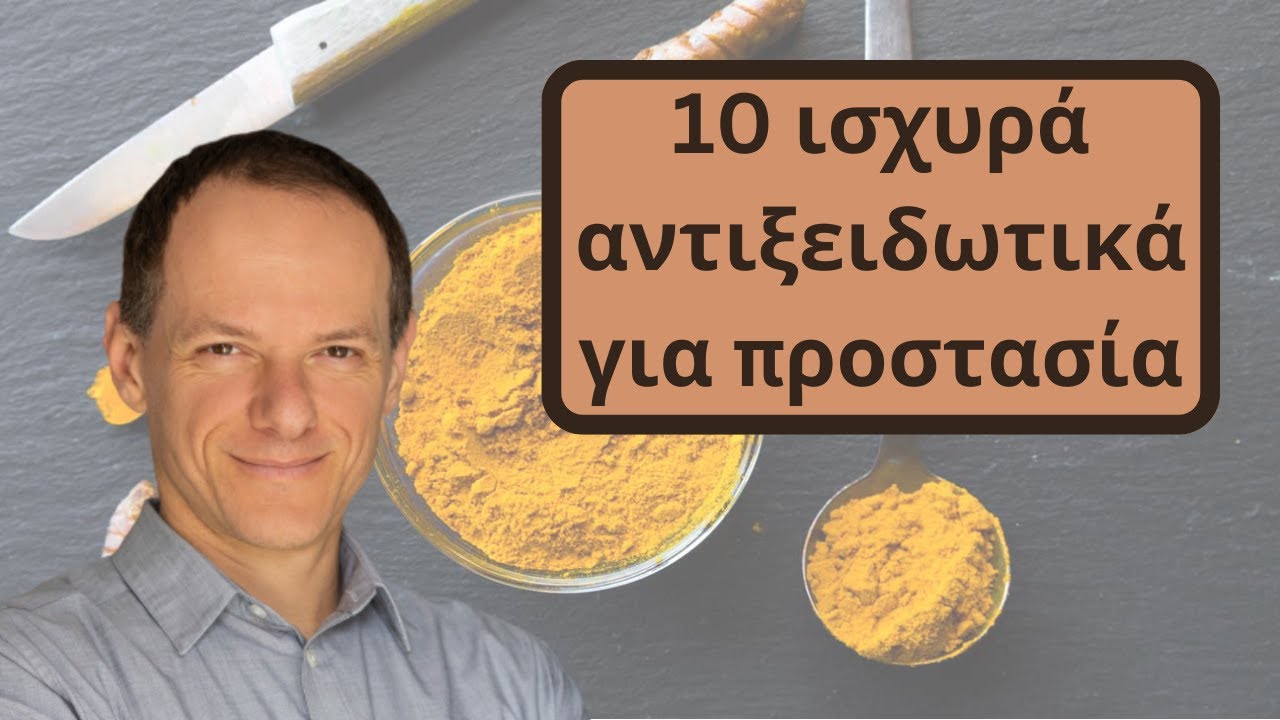
0 Σχόλια